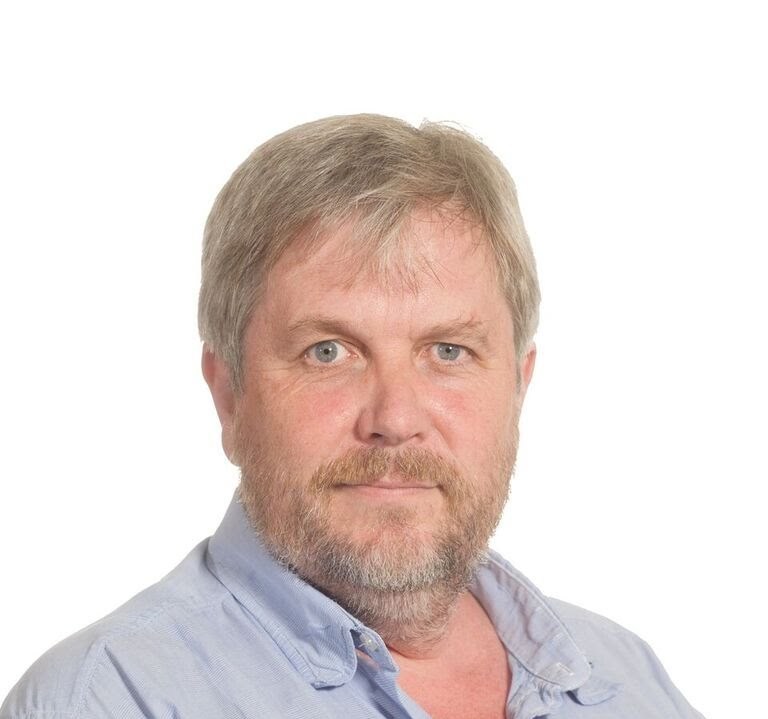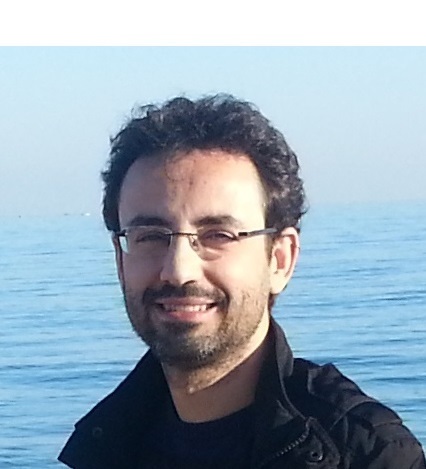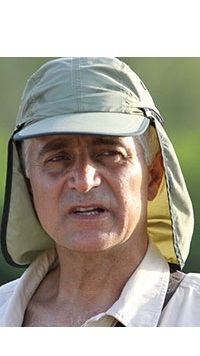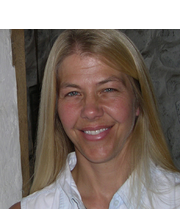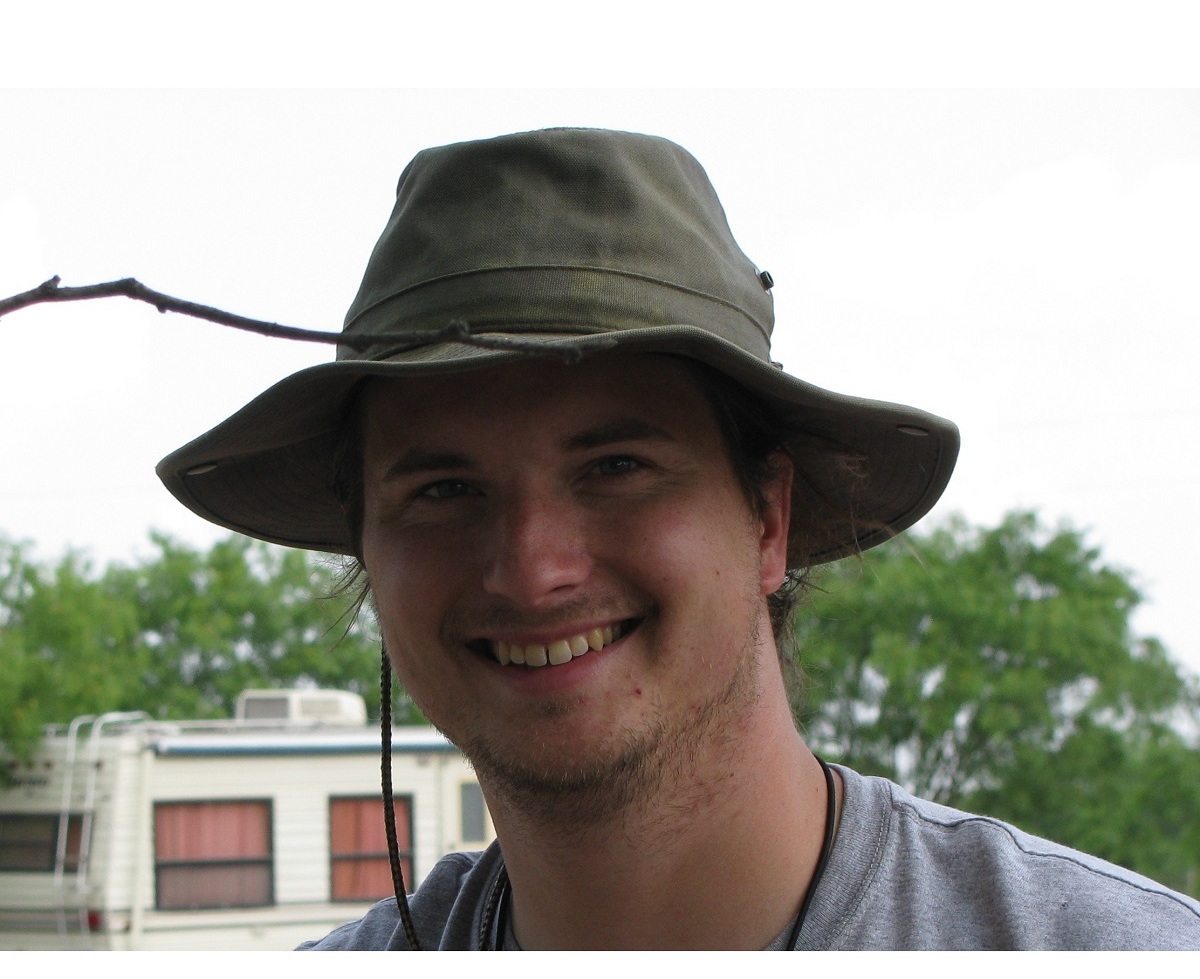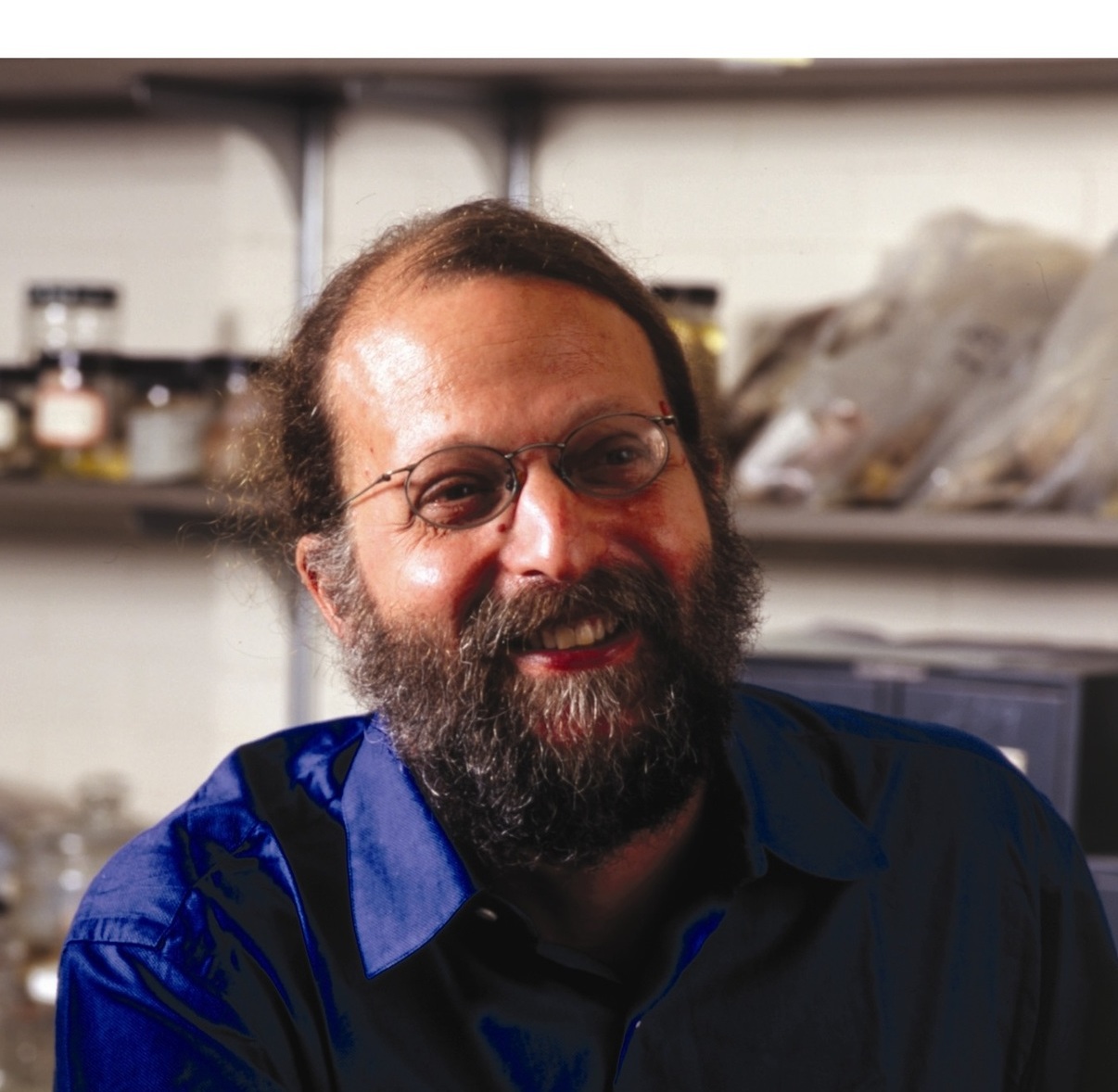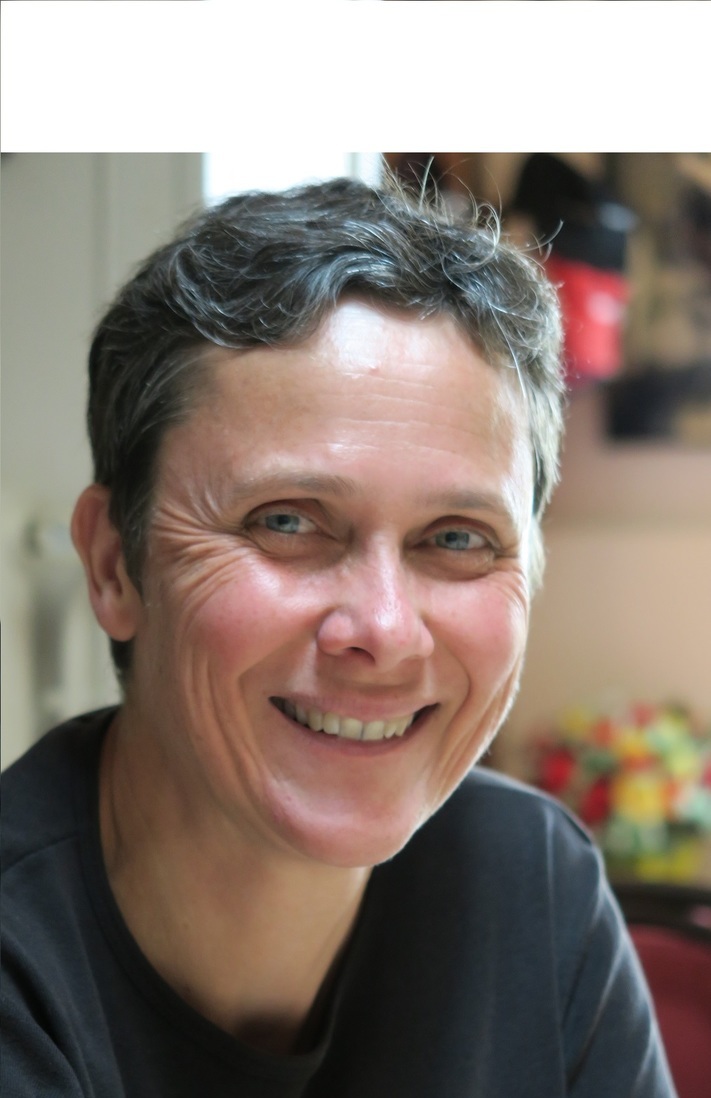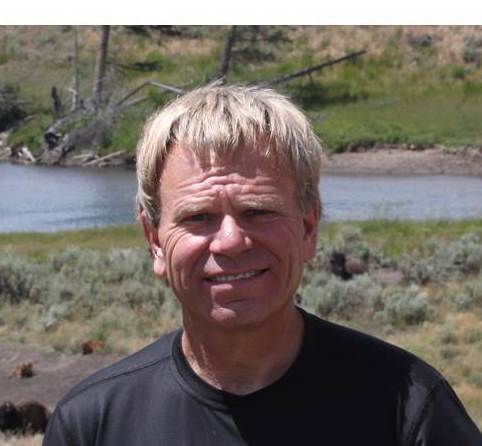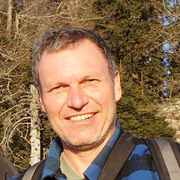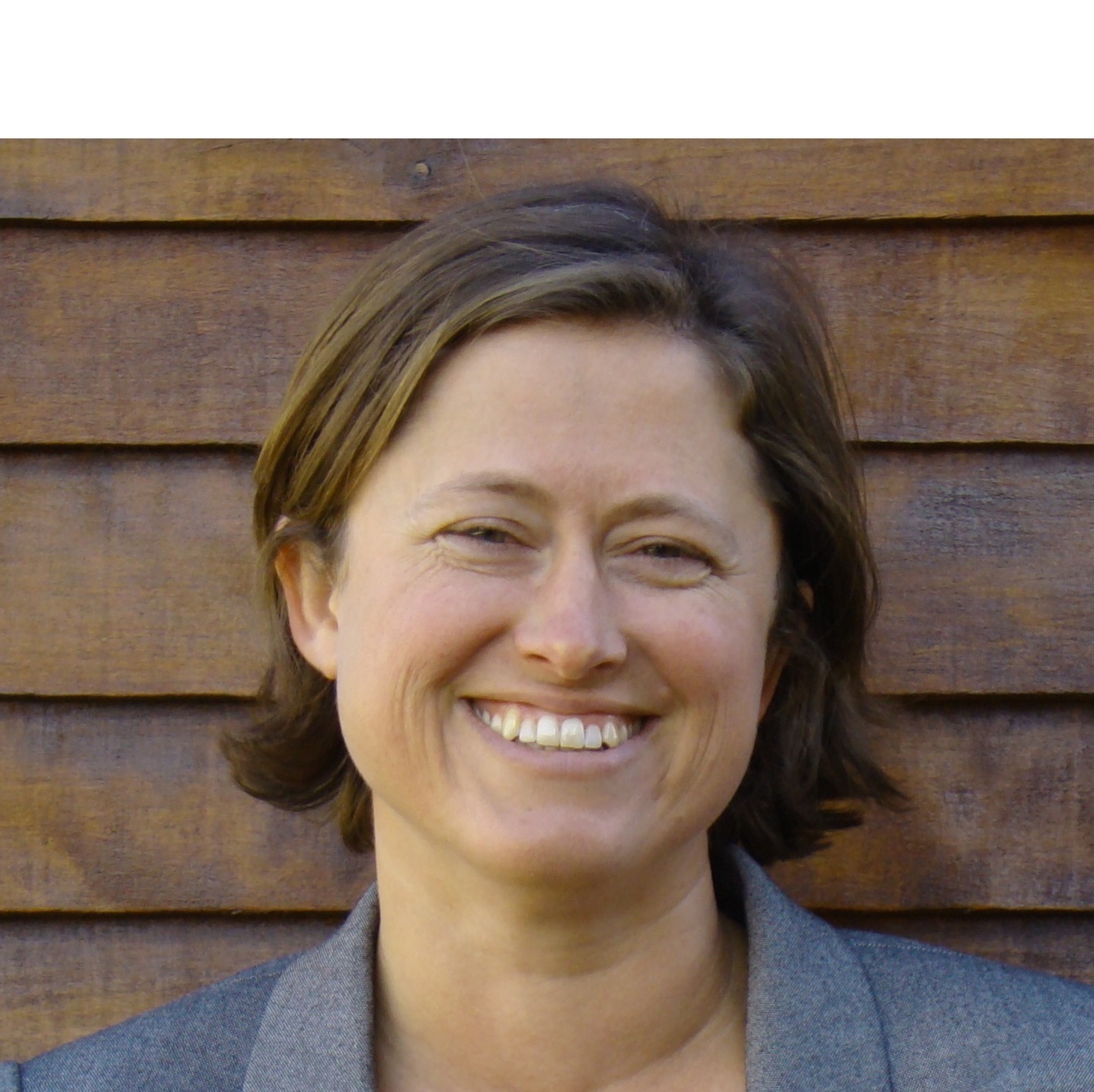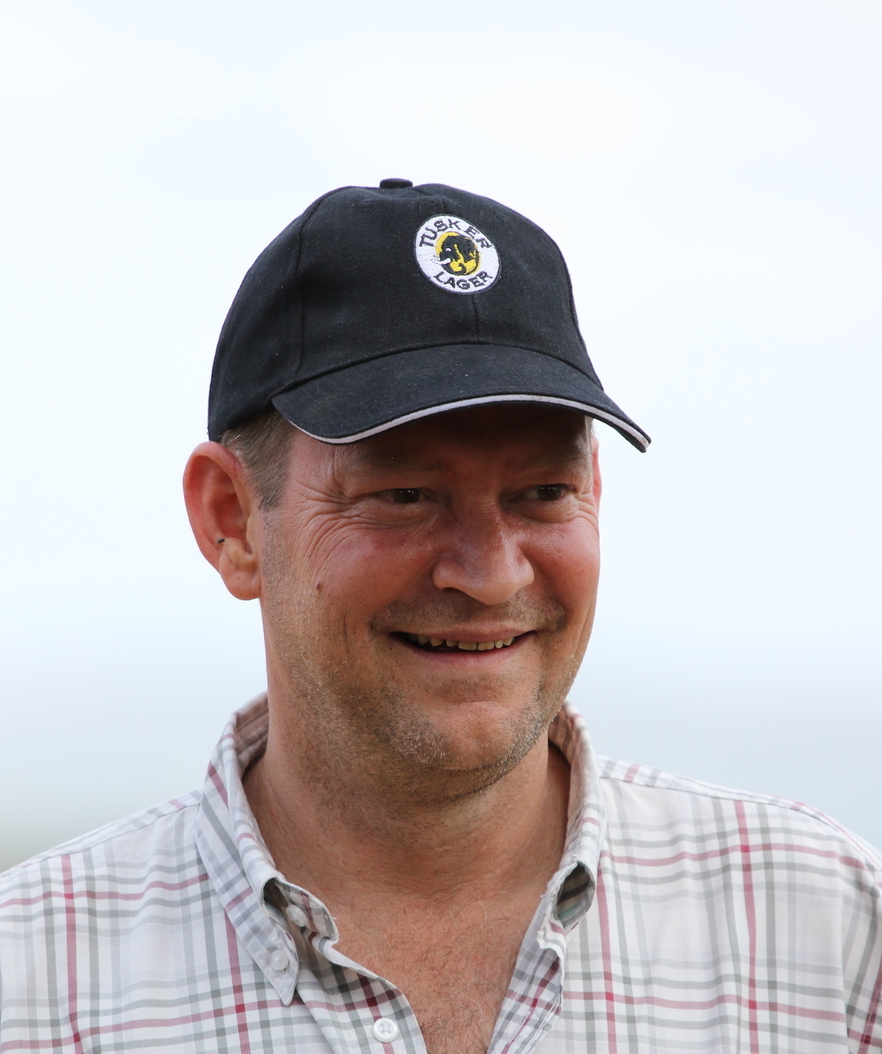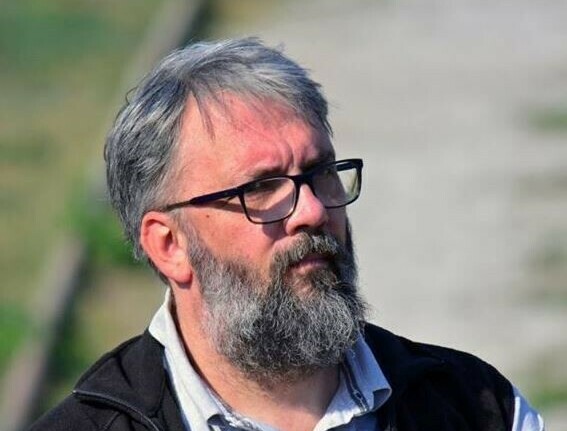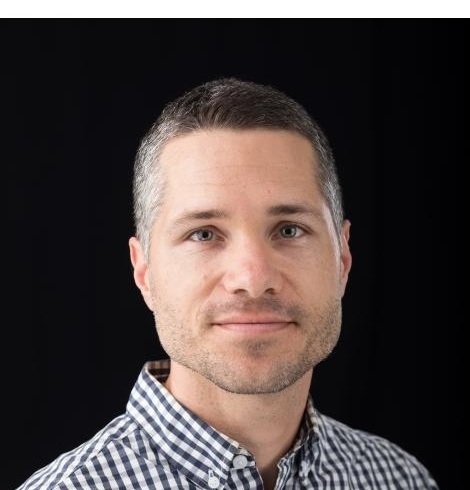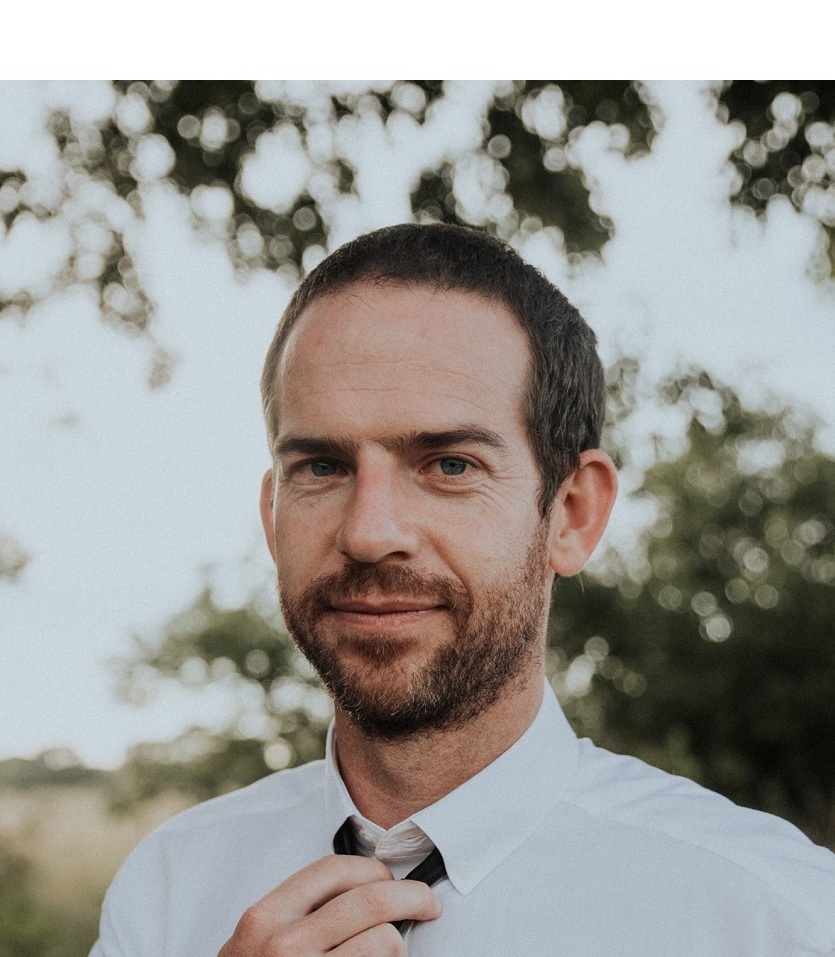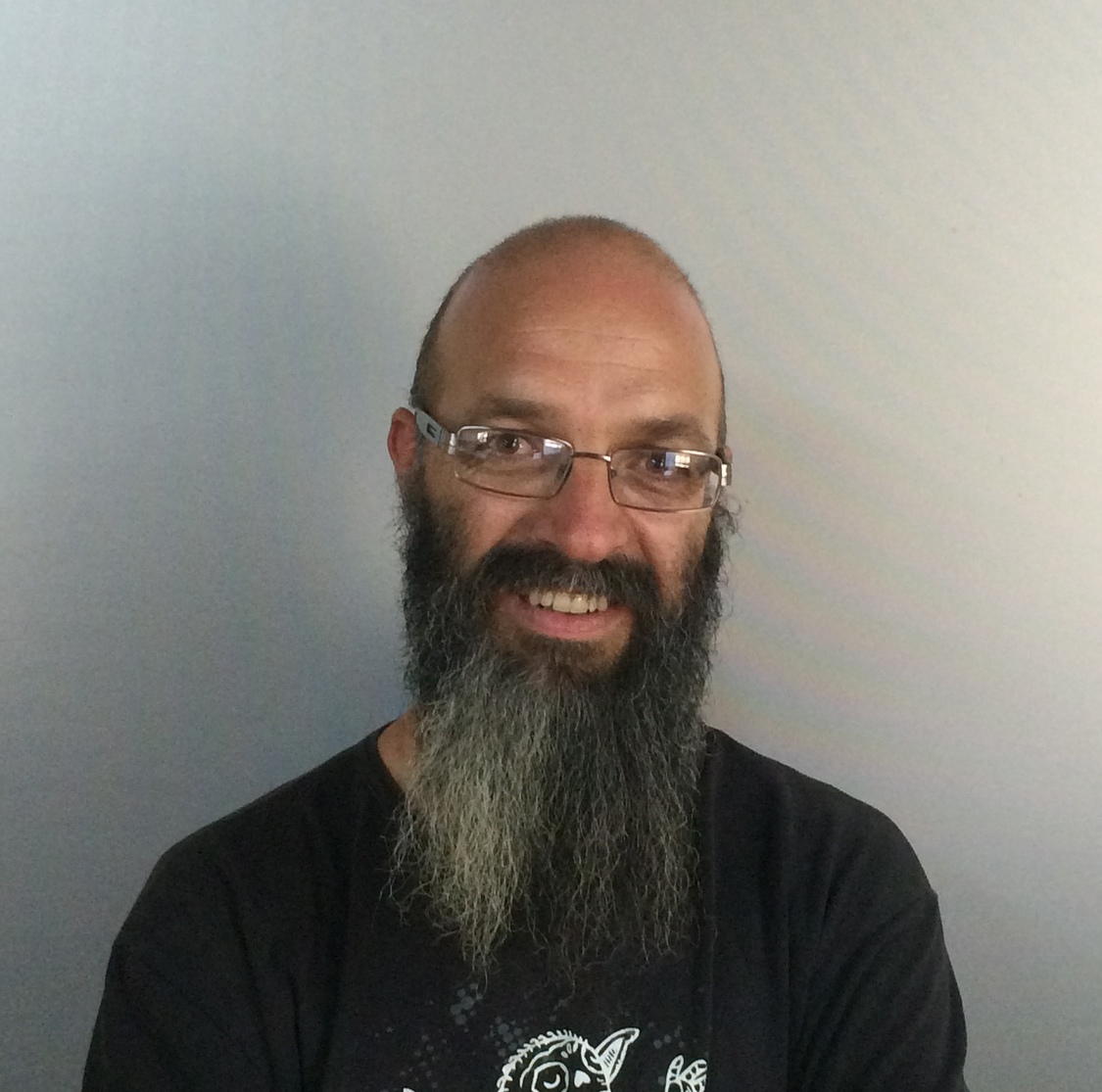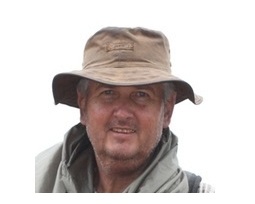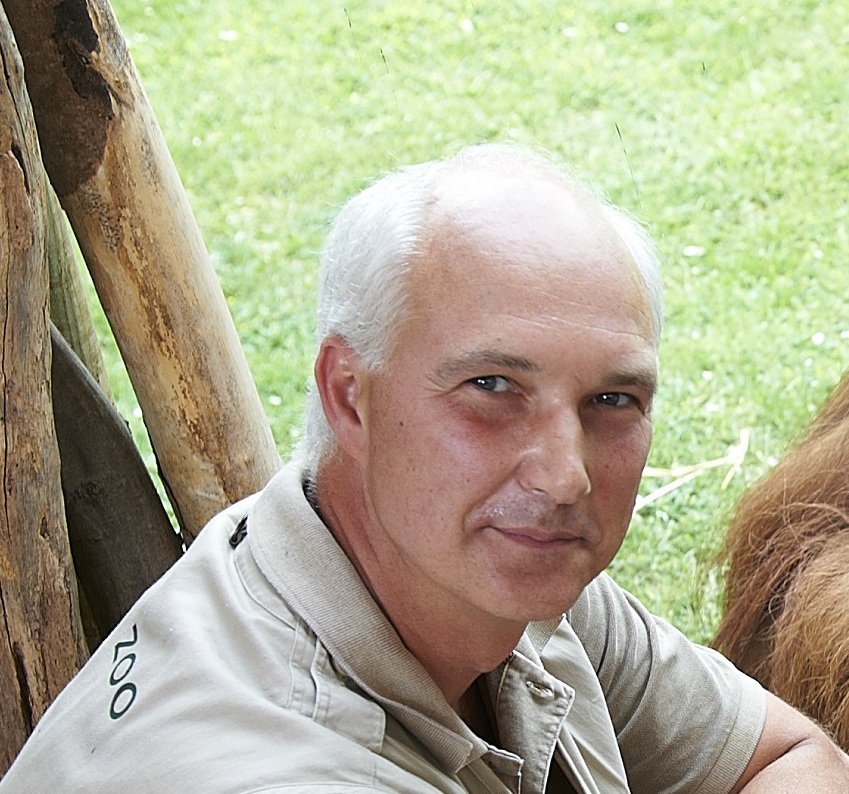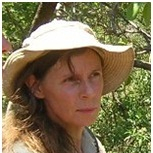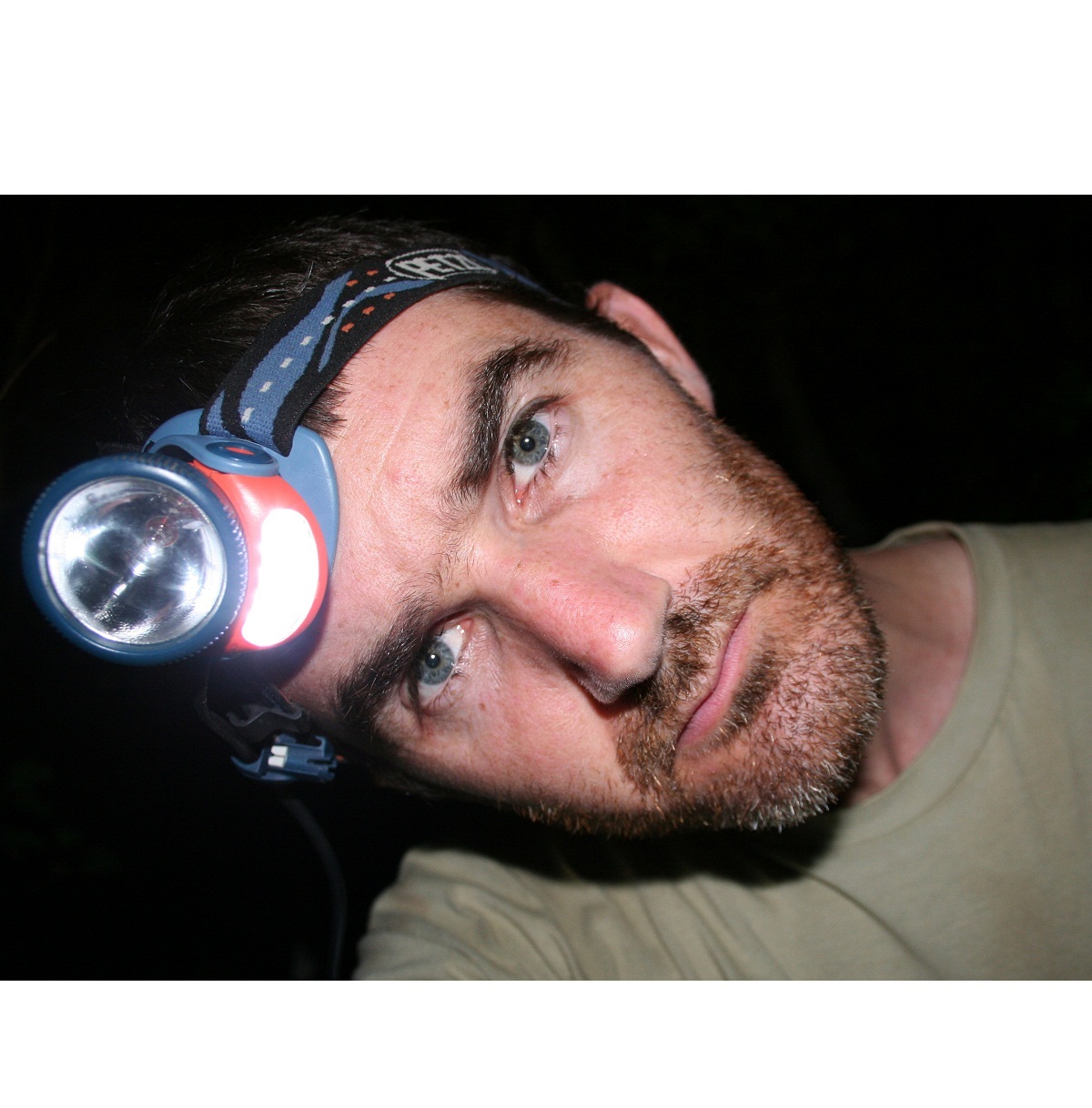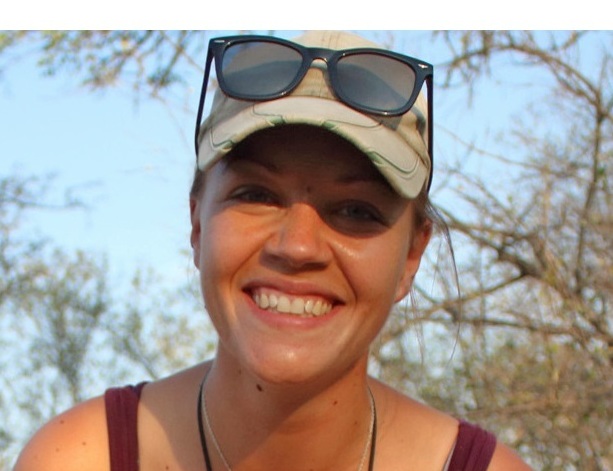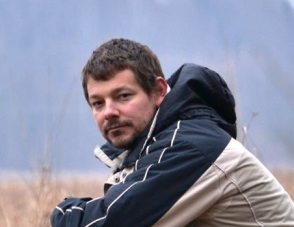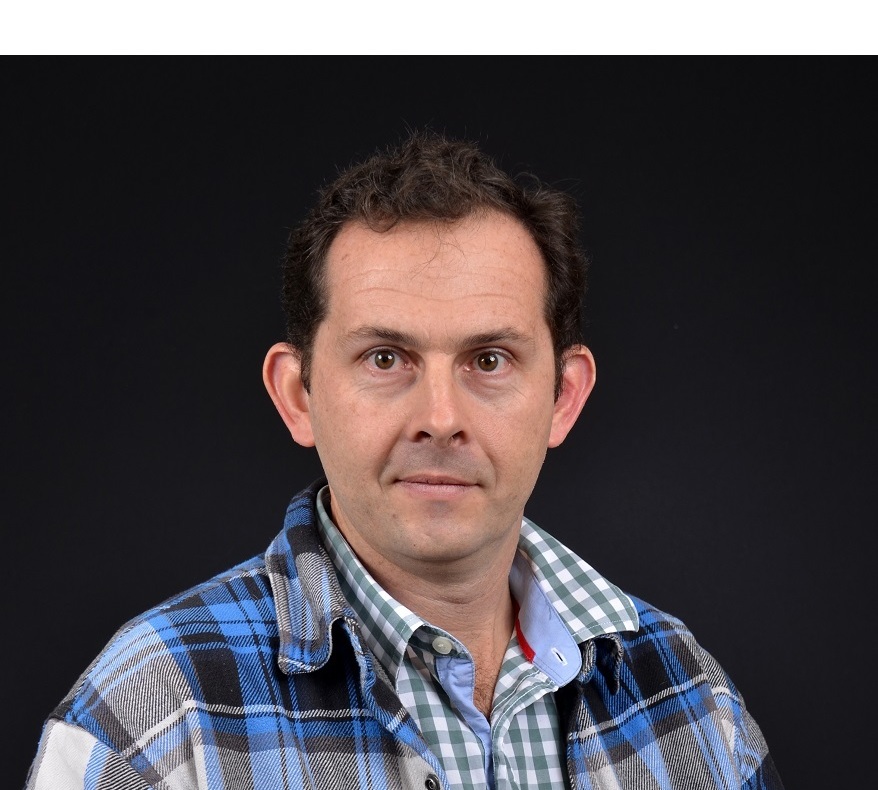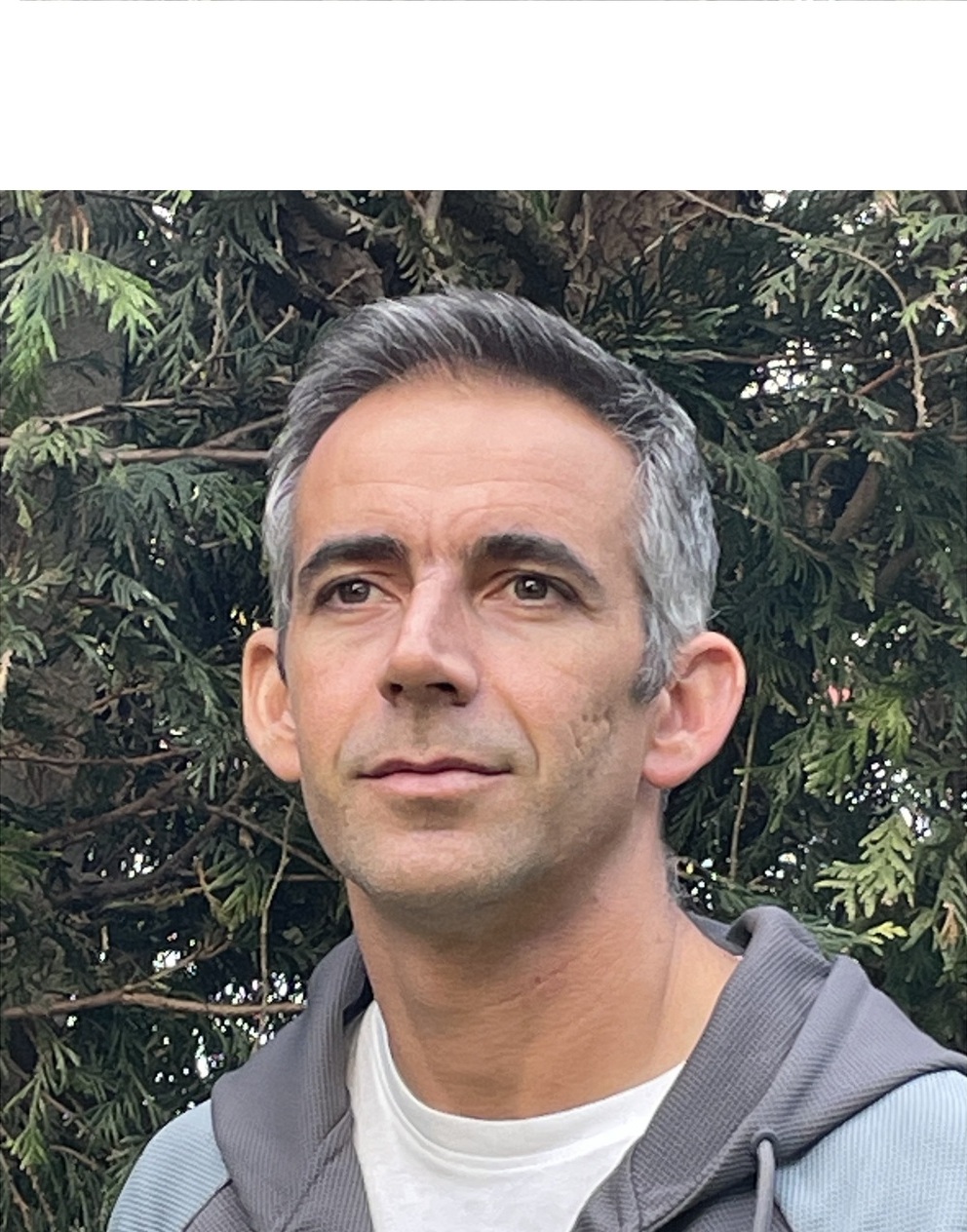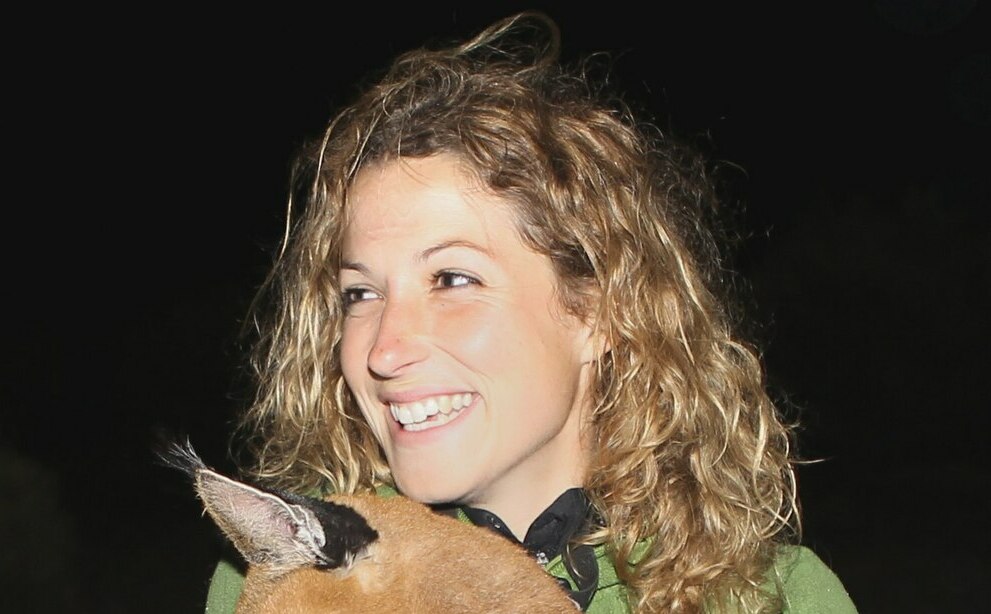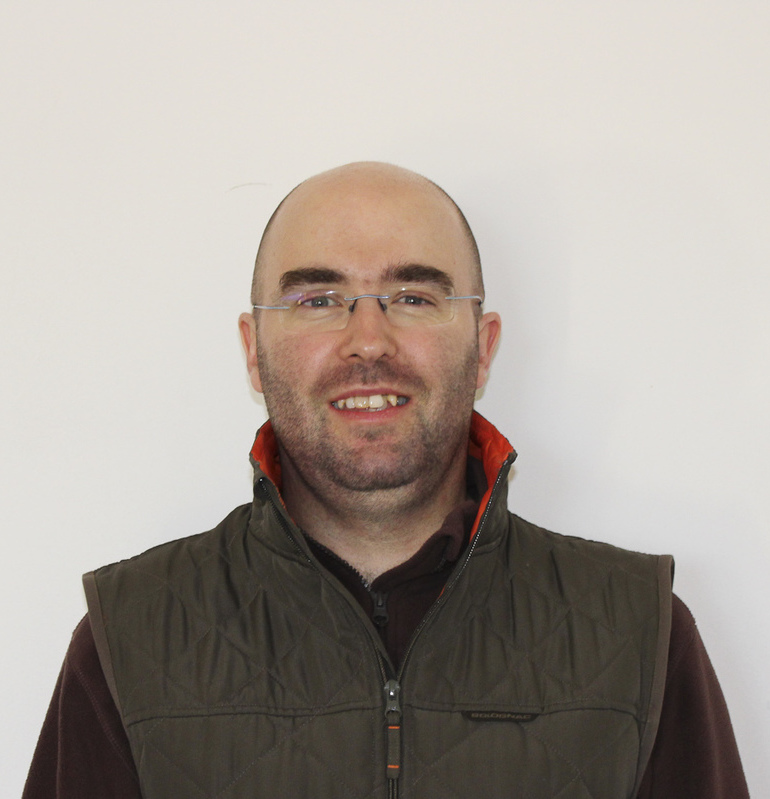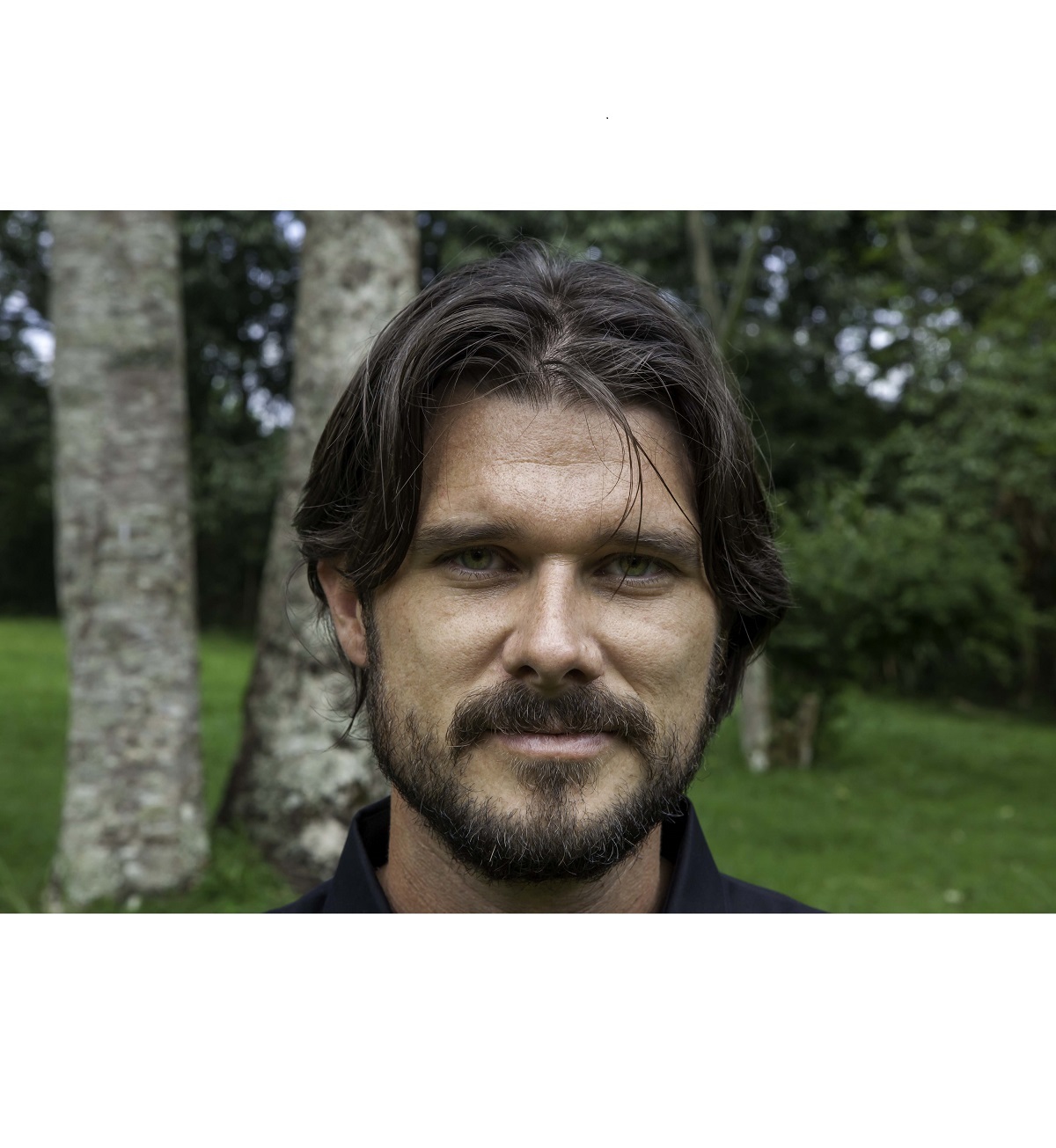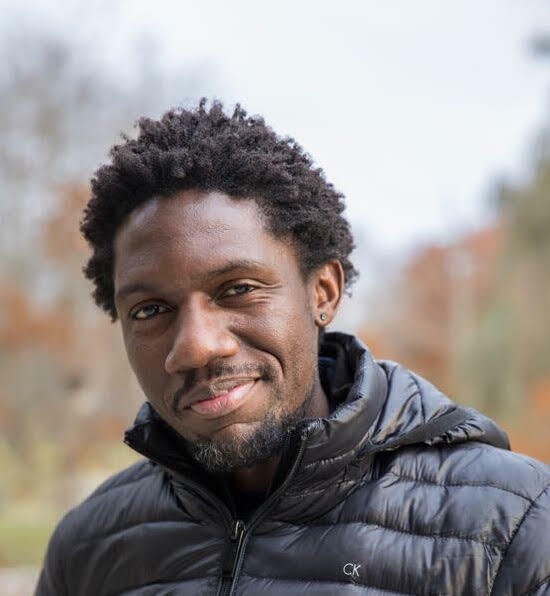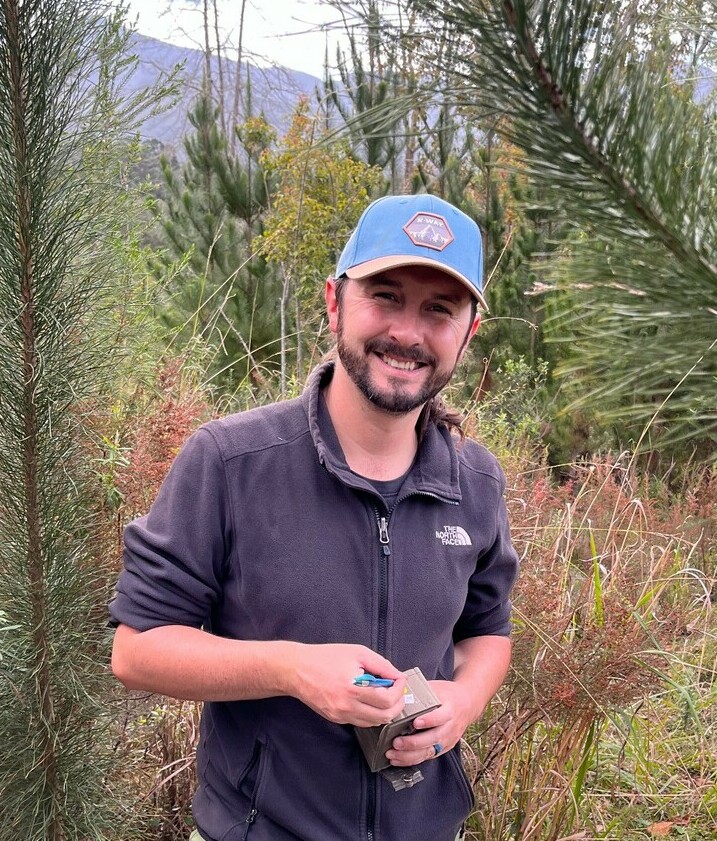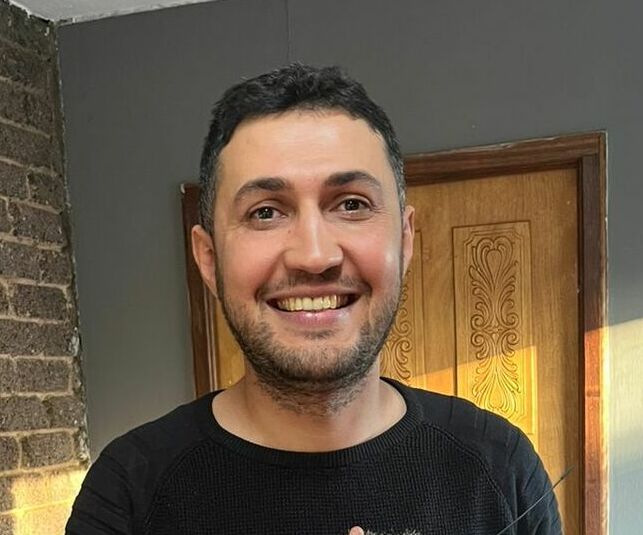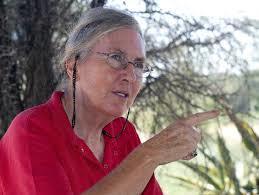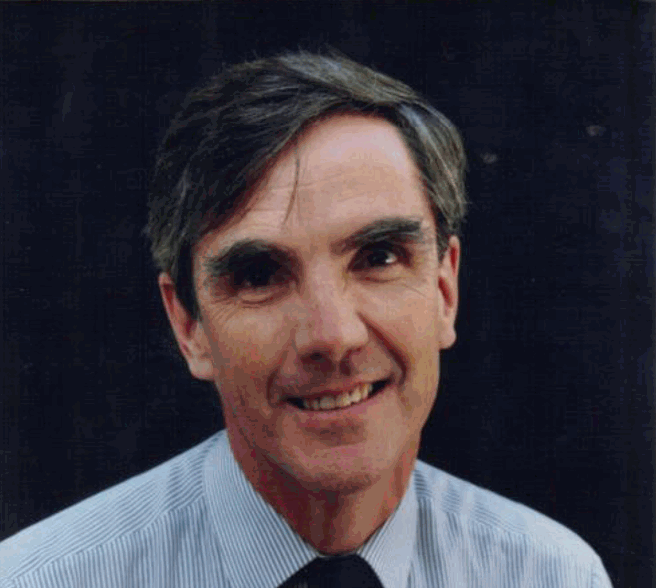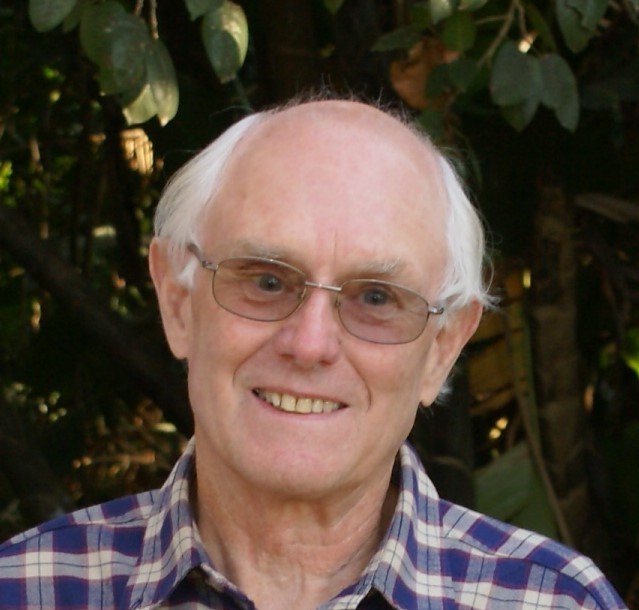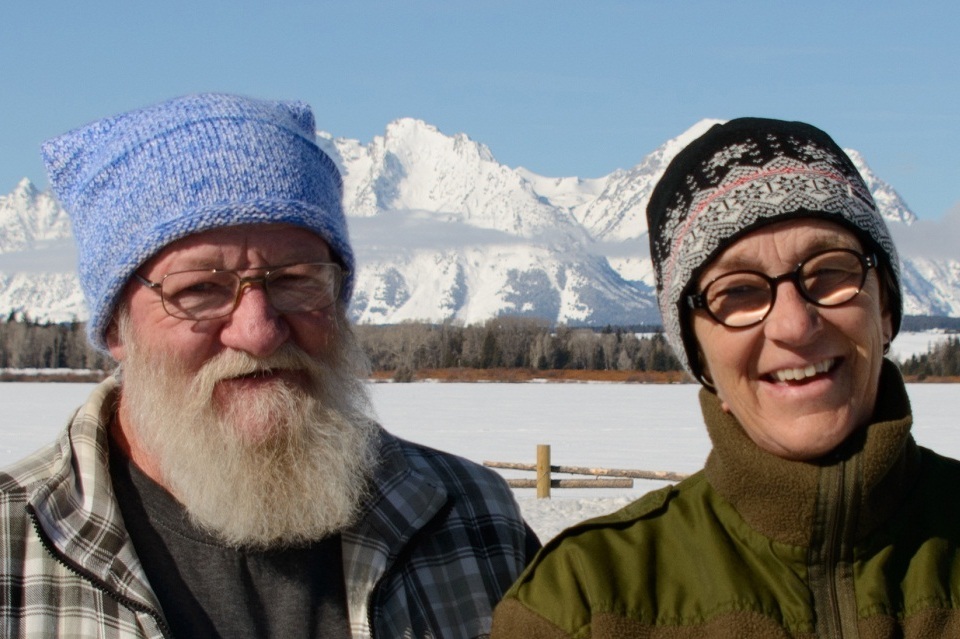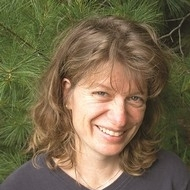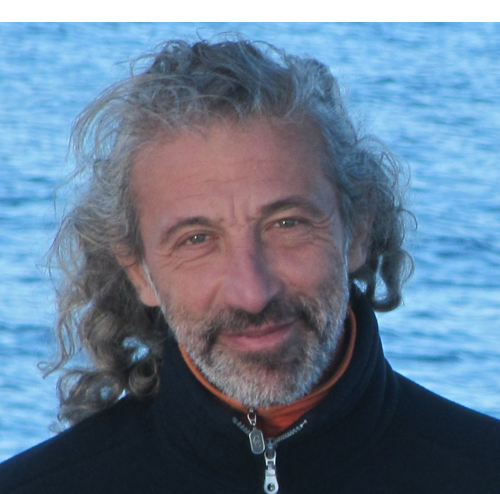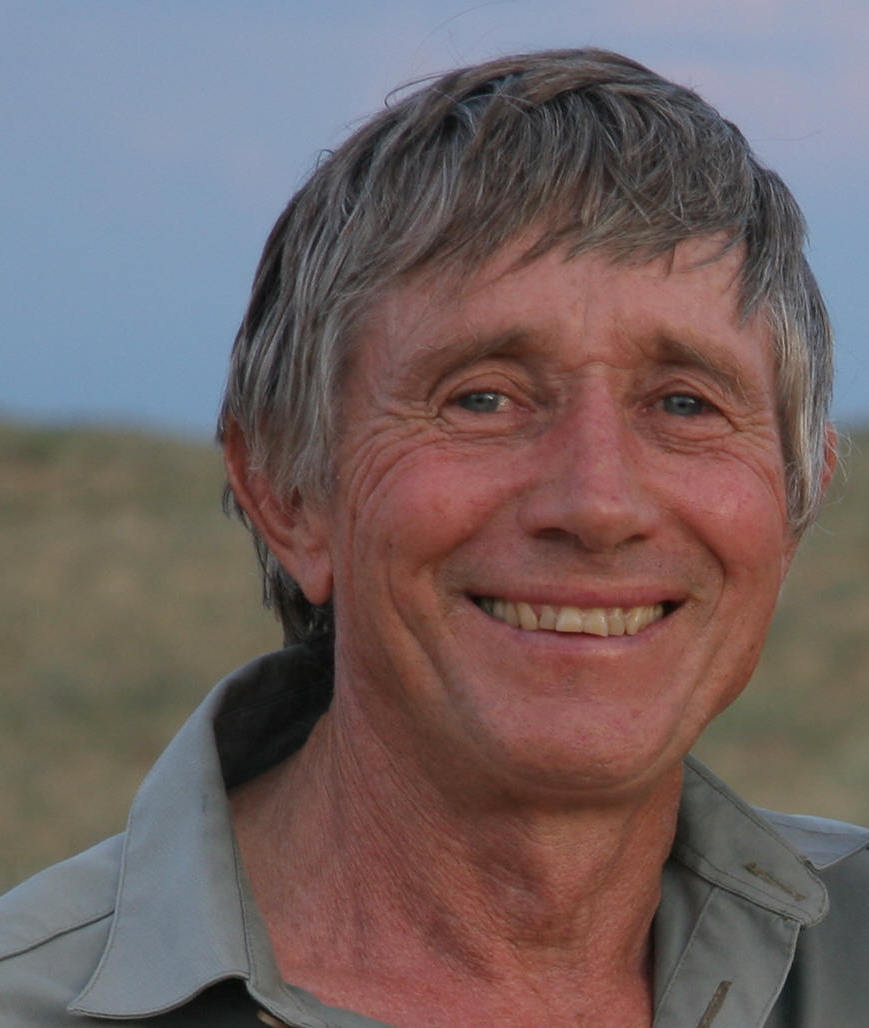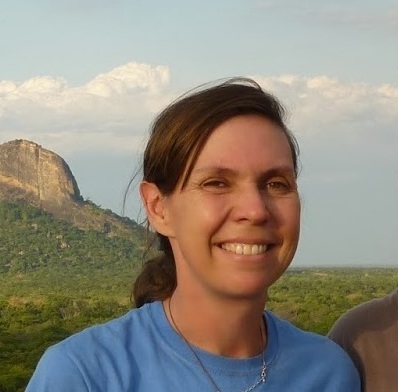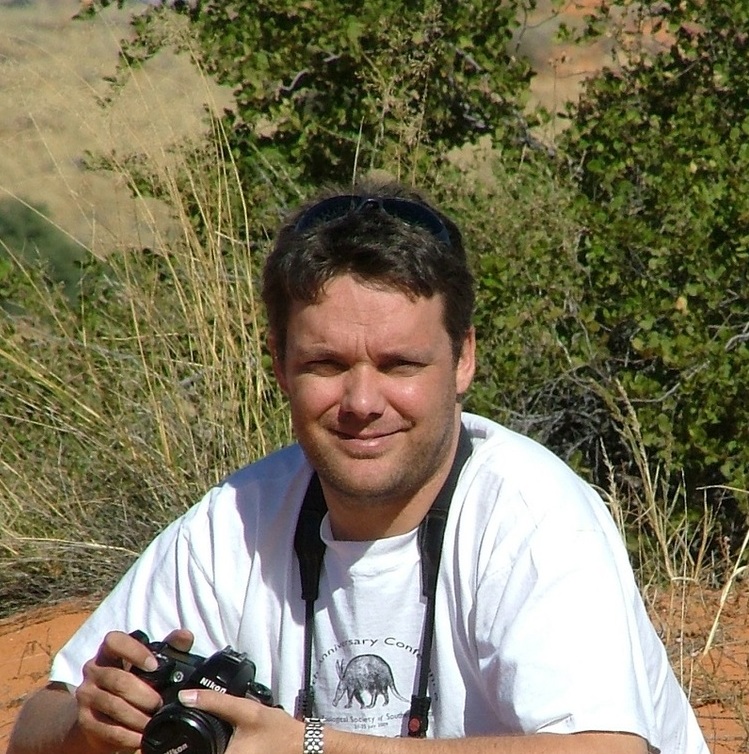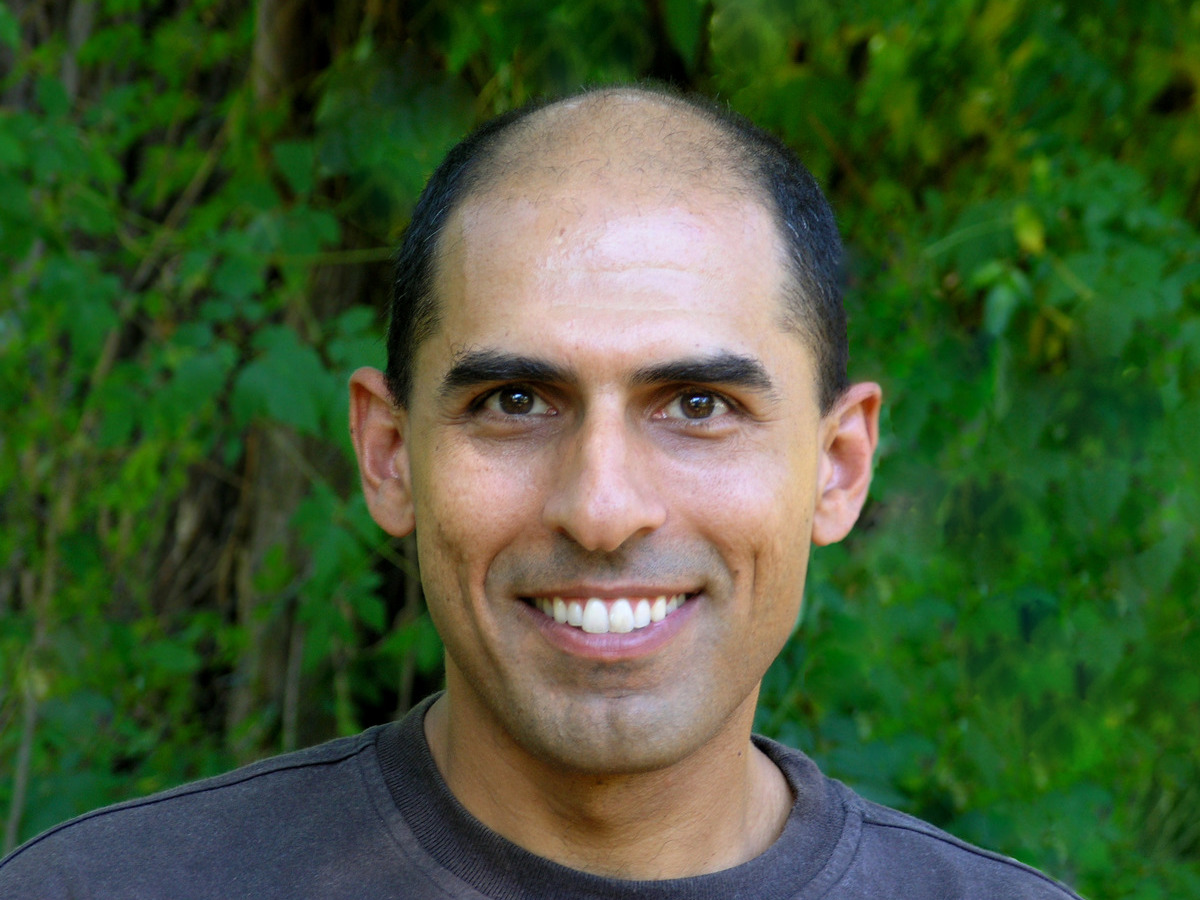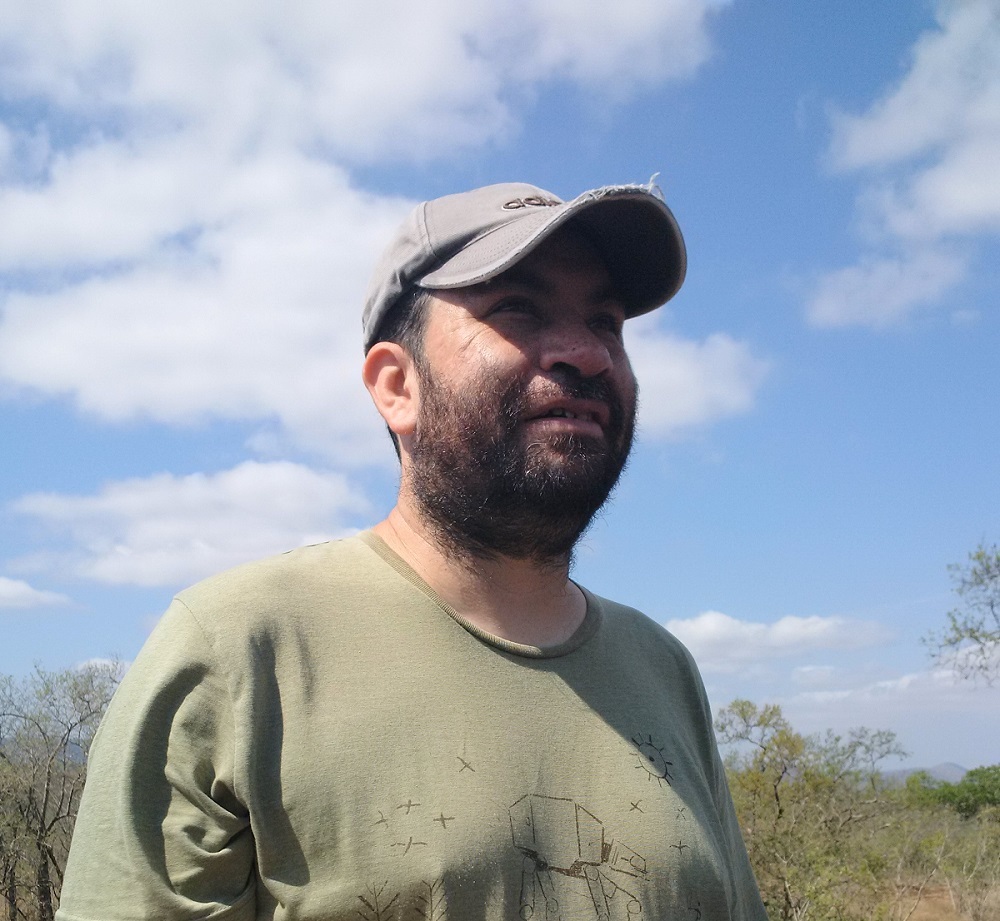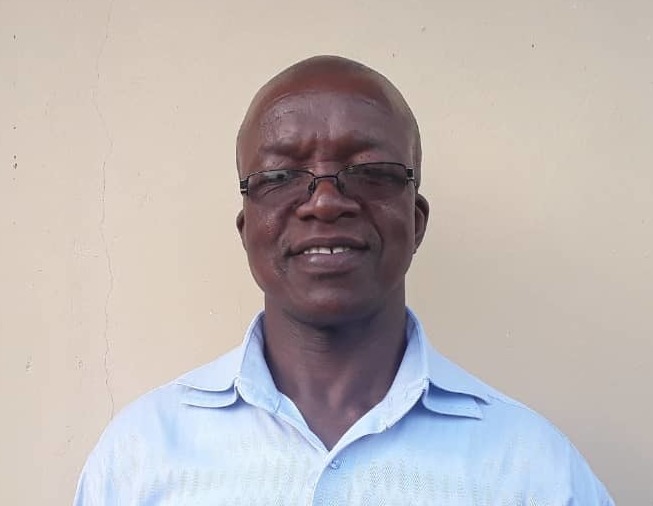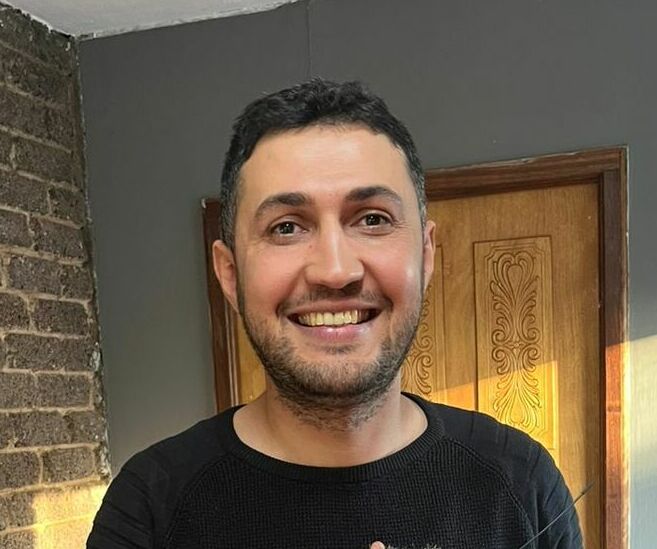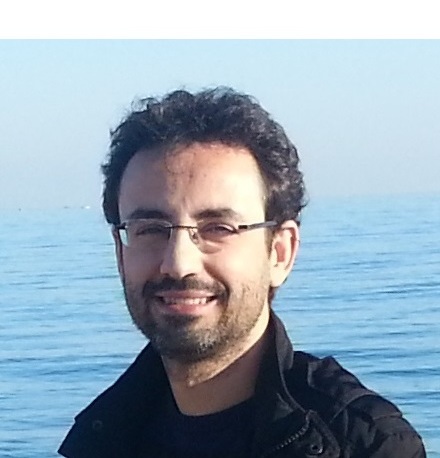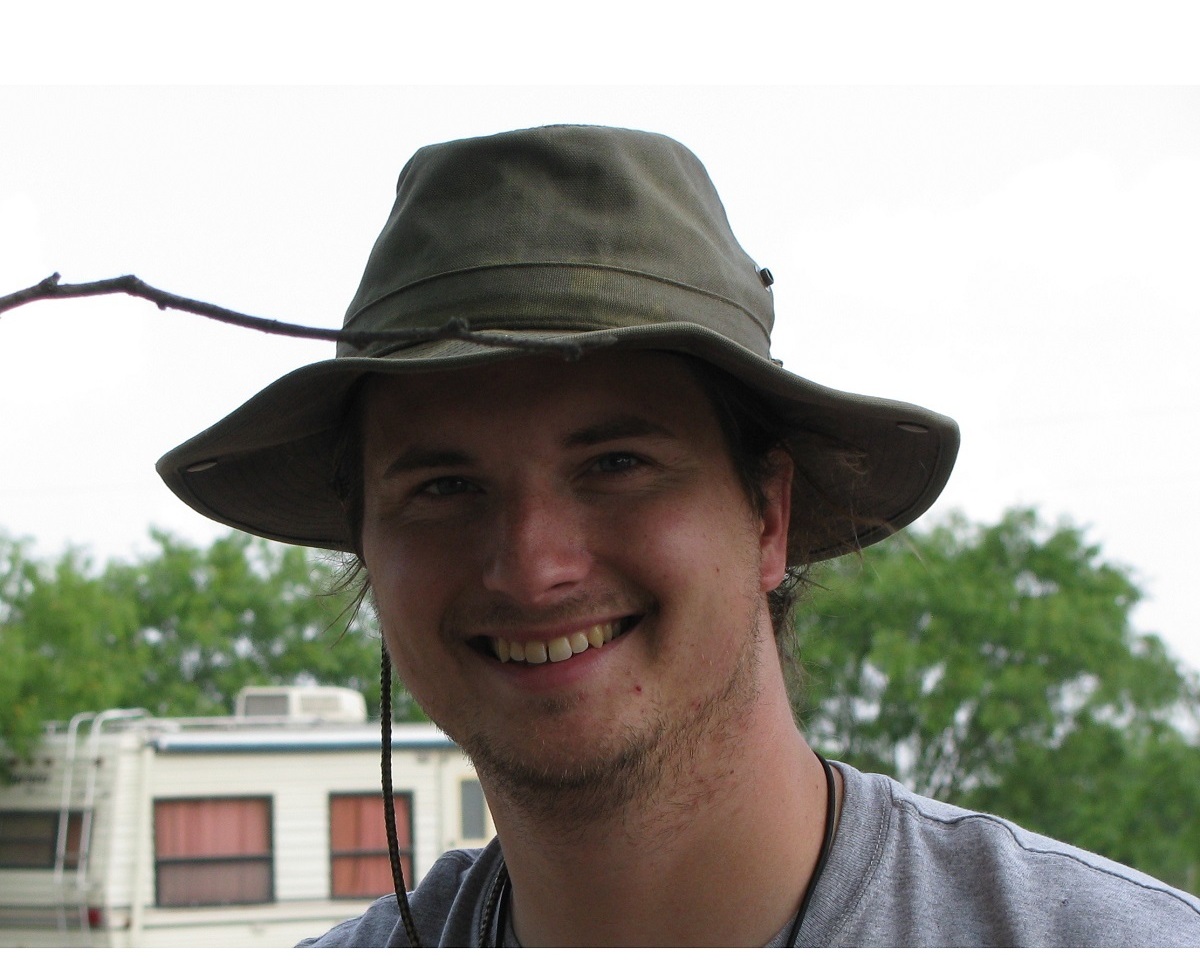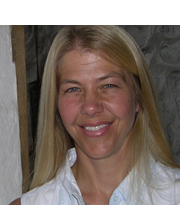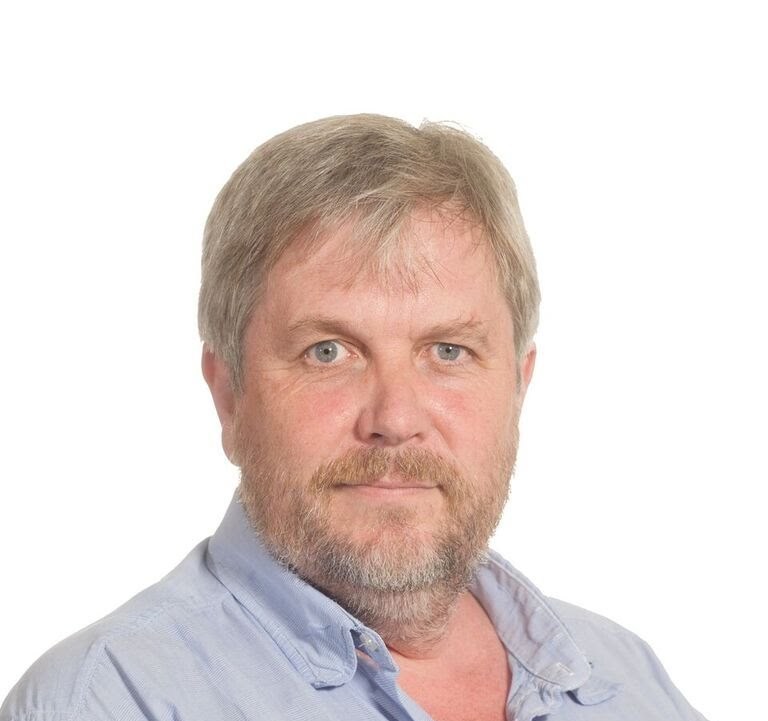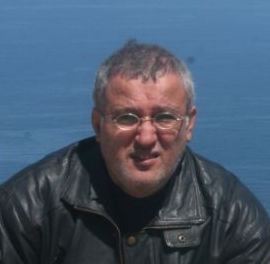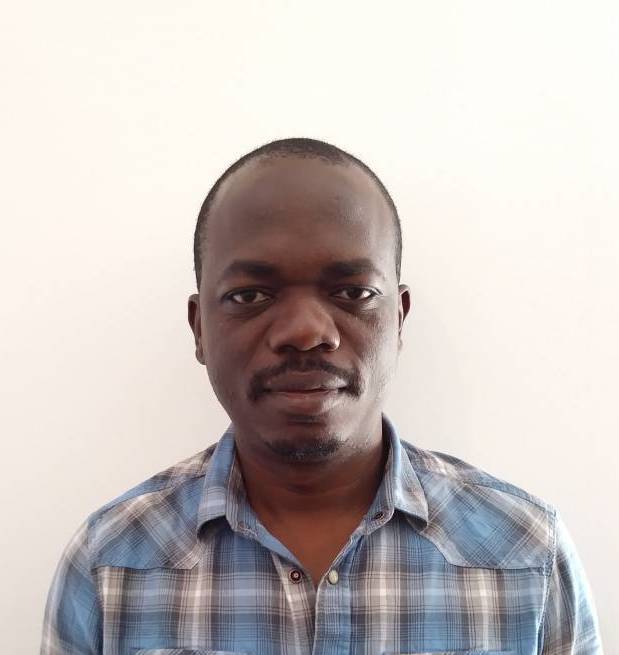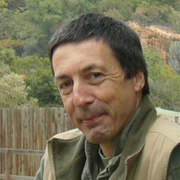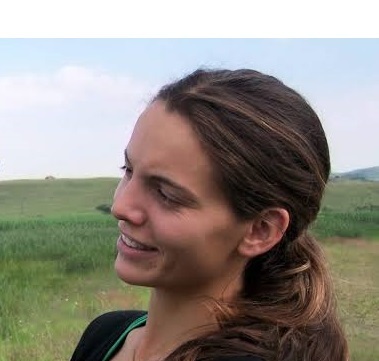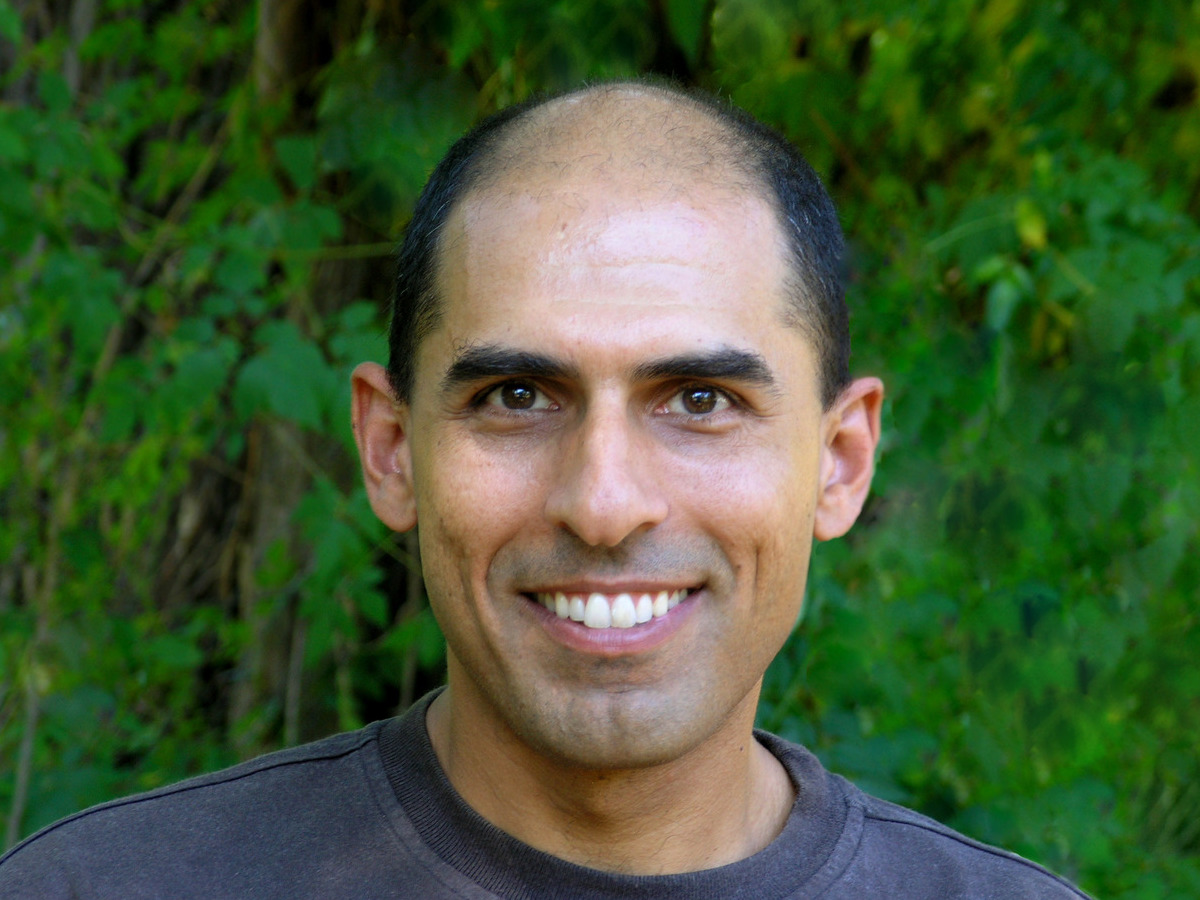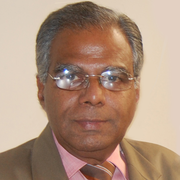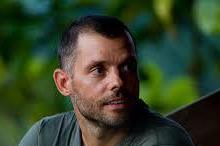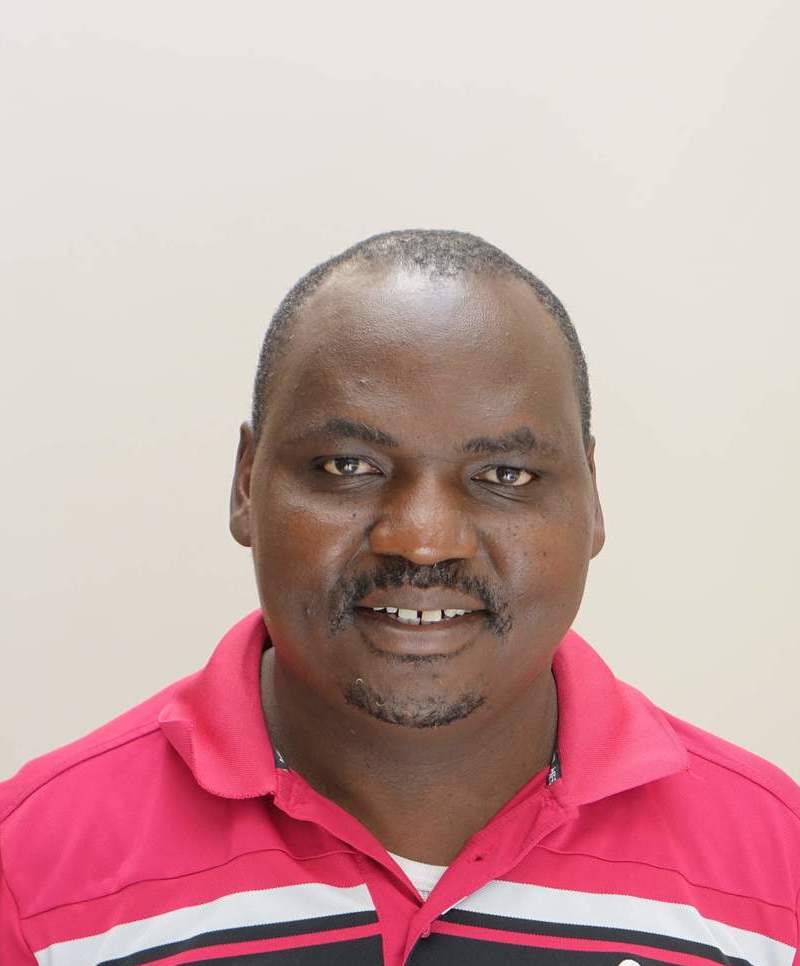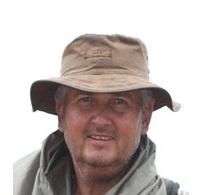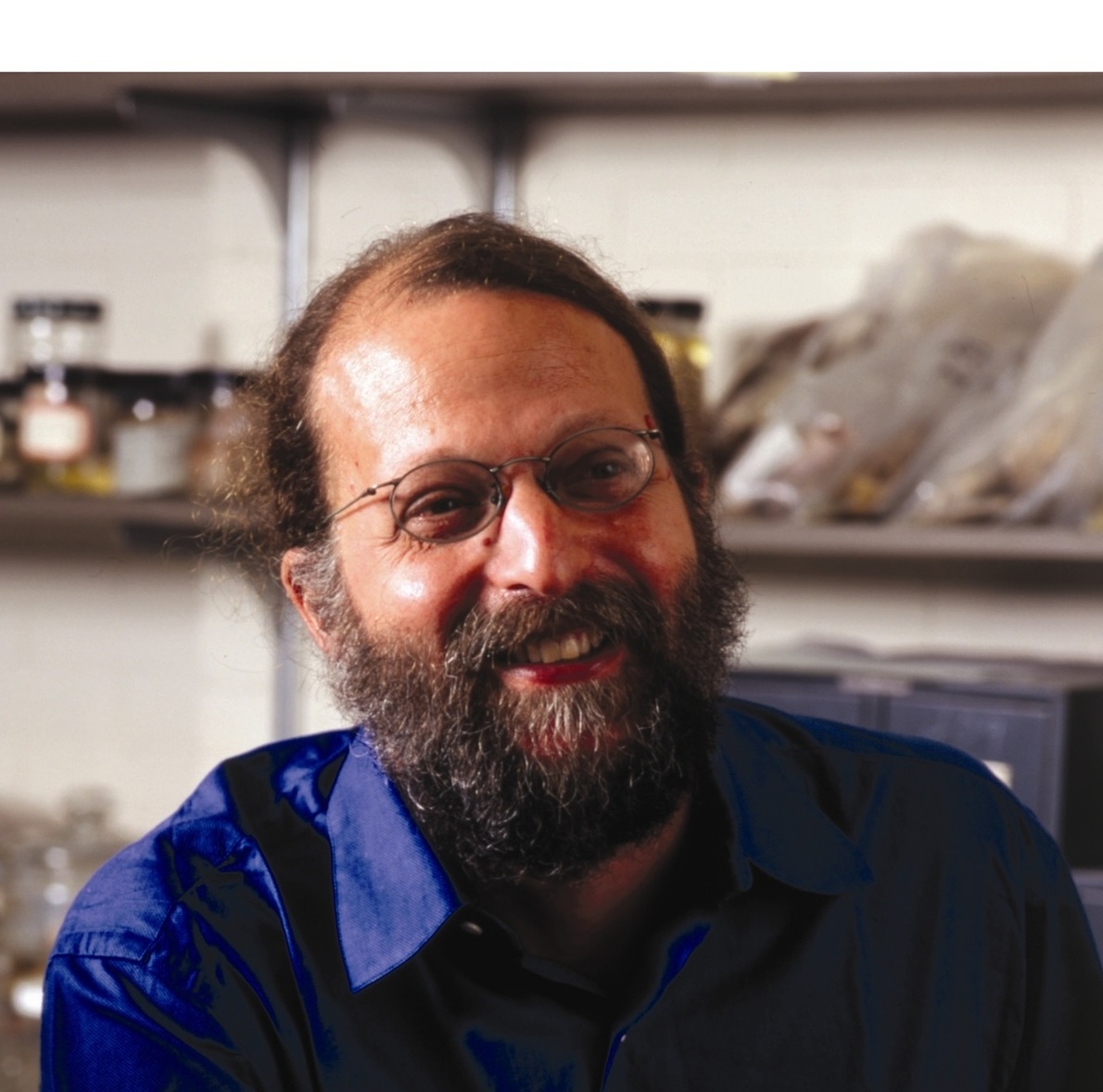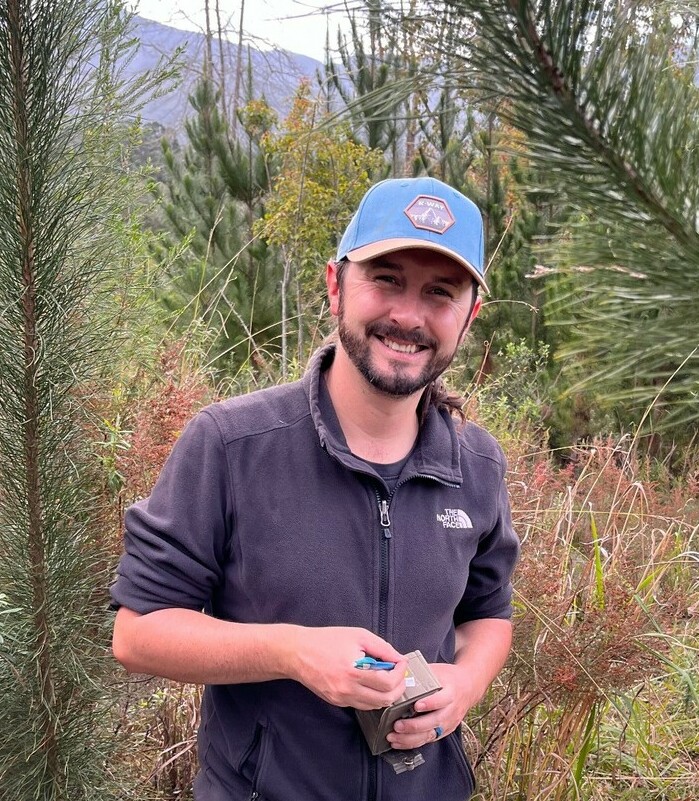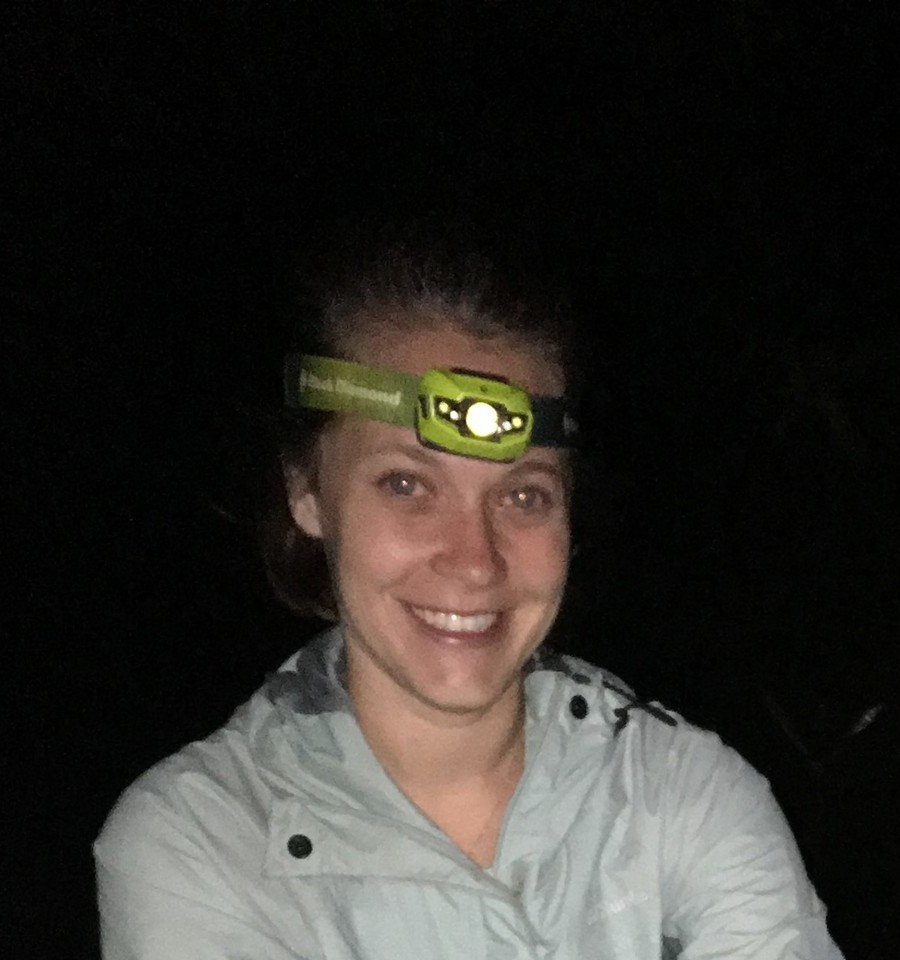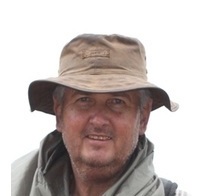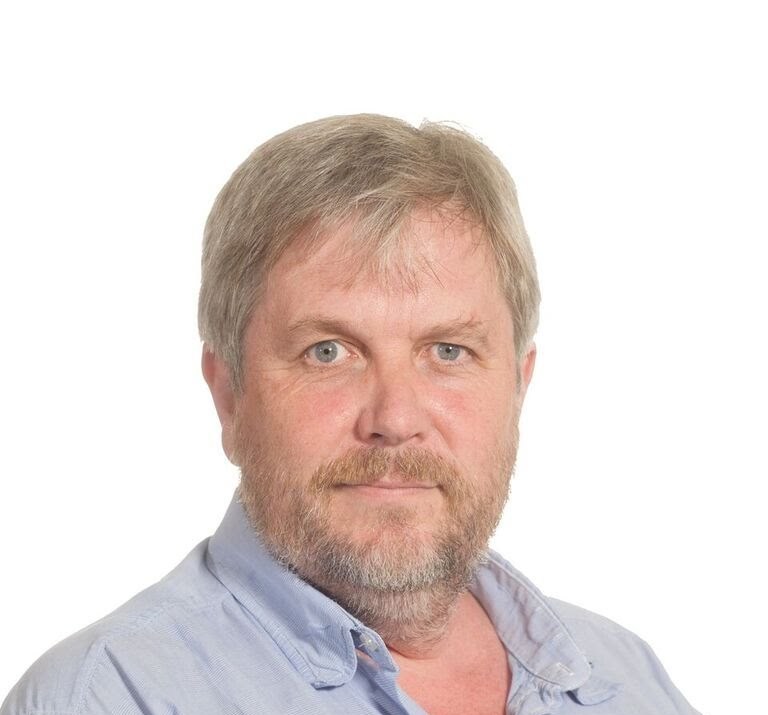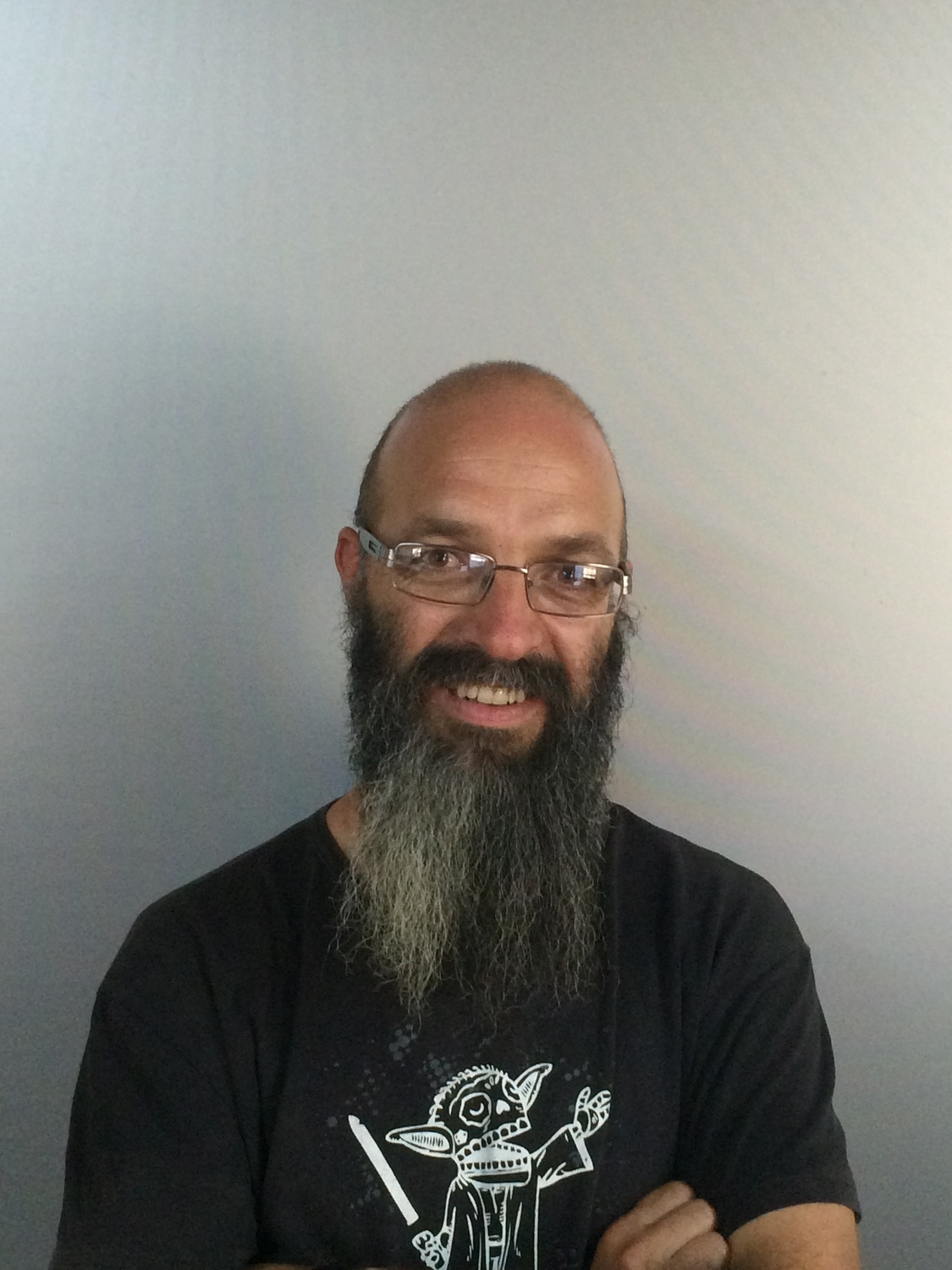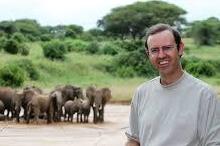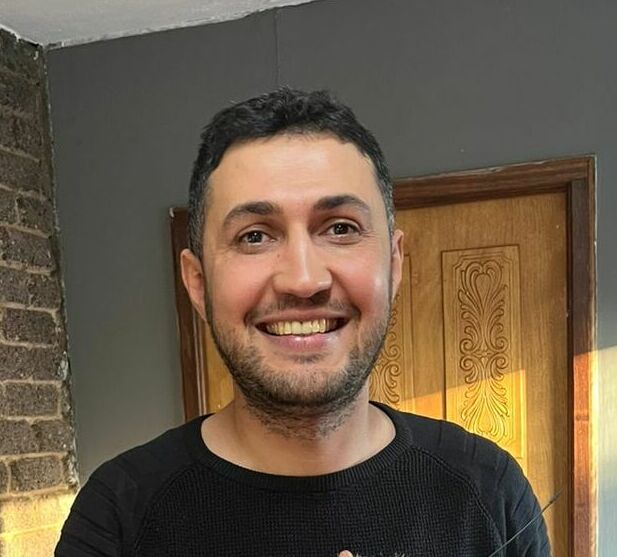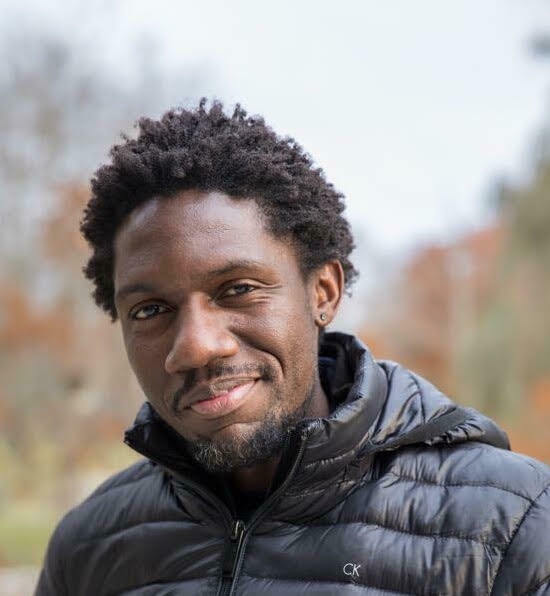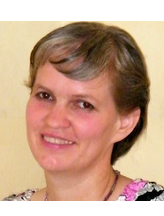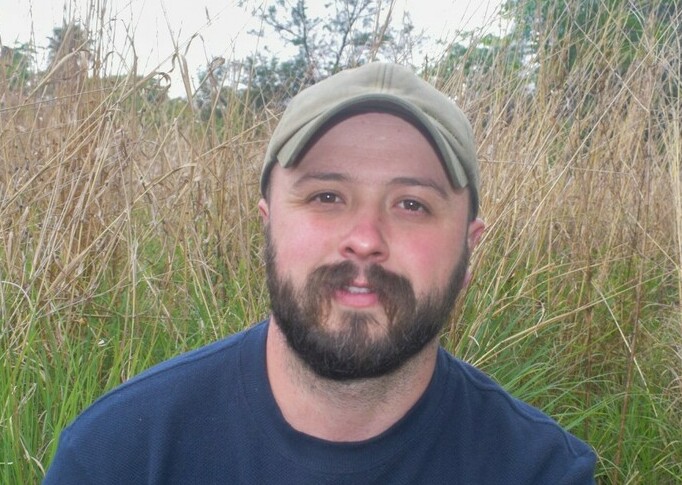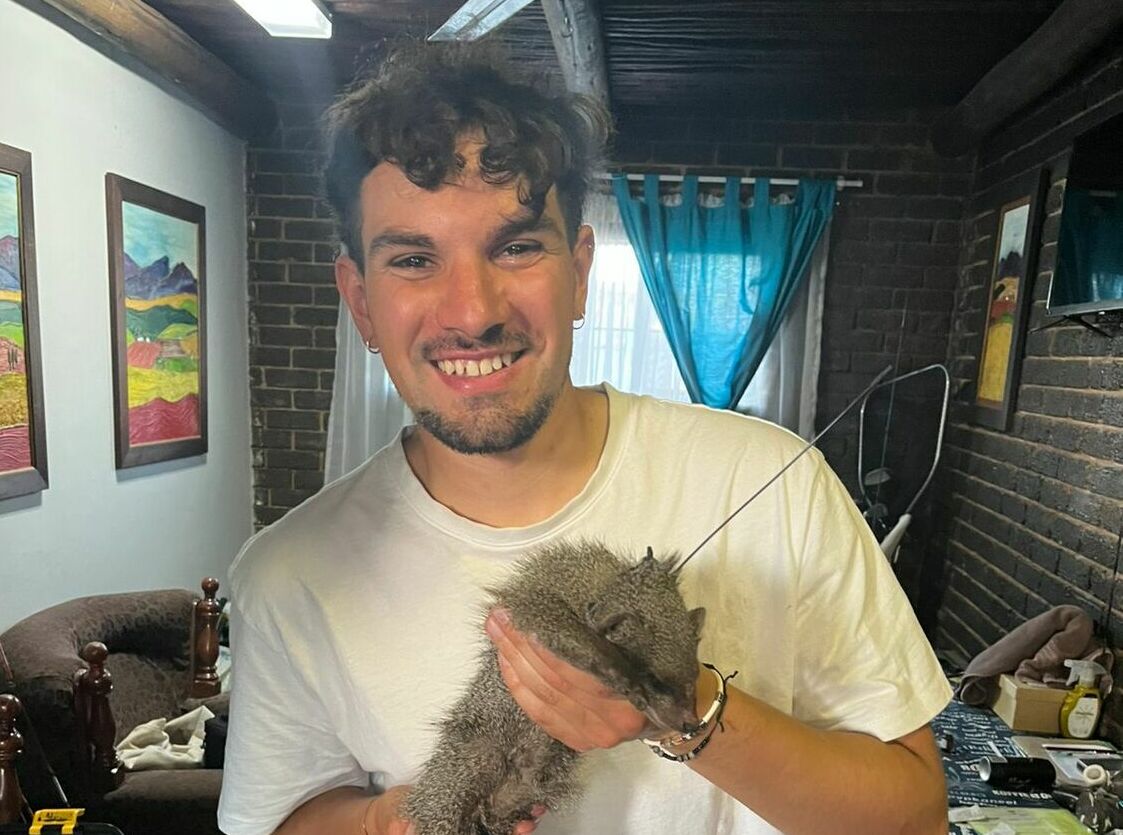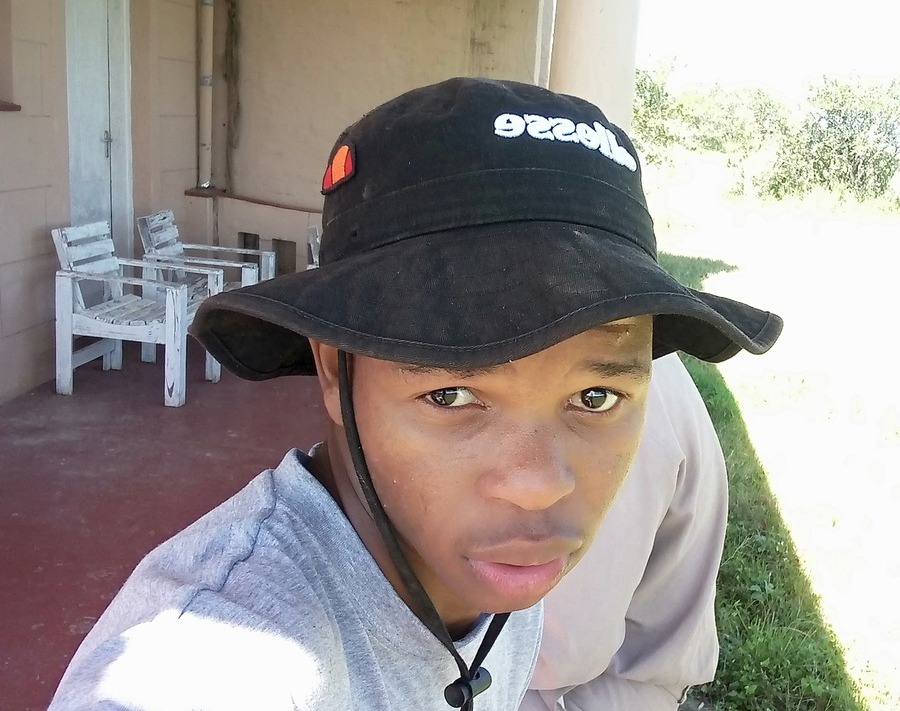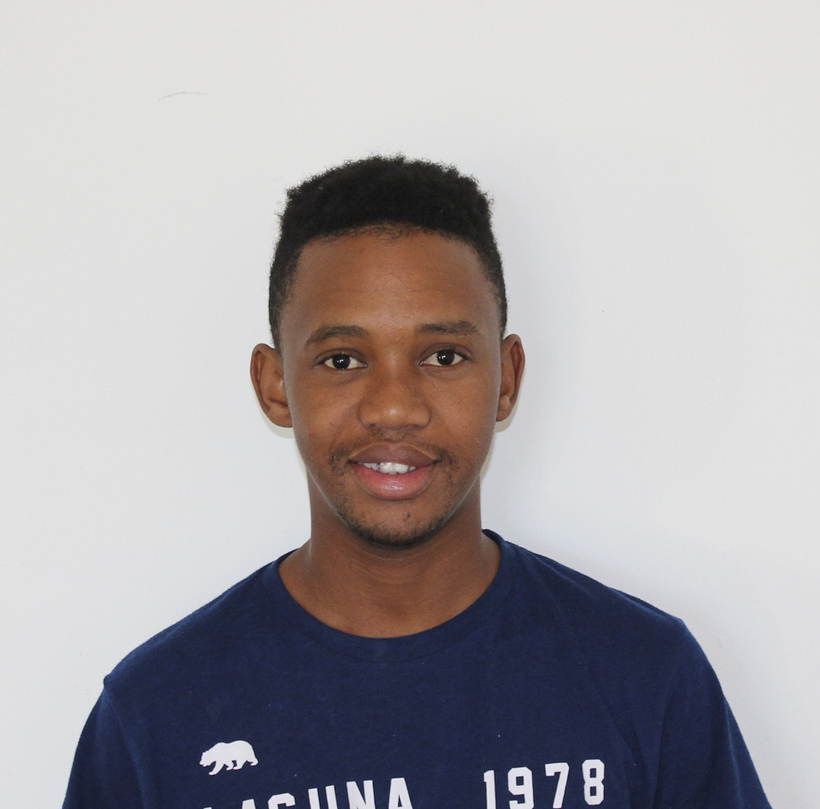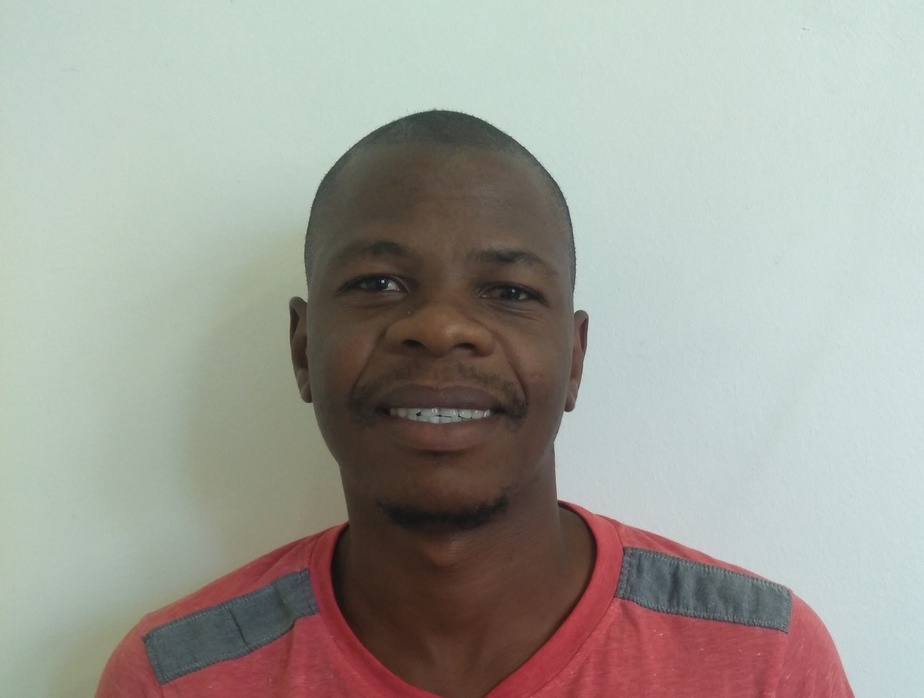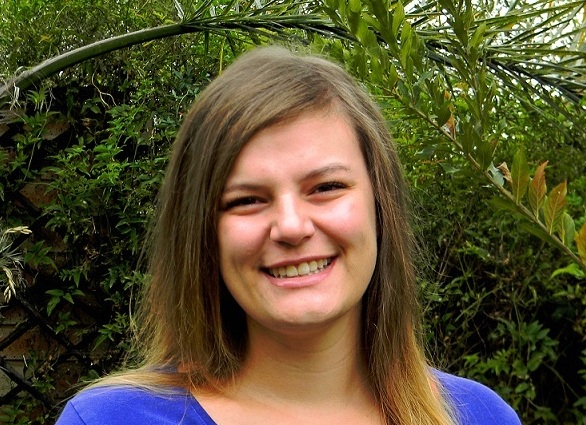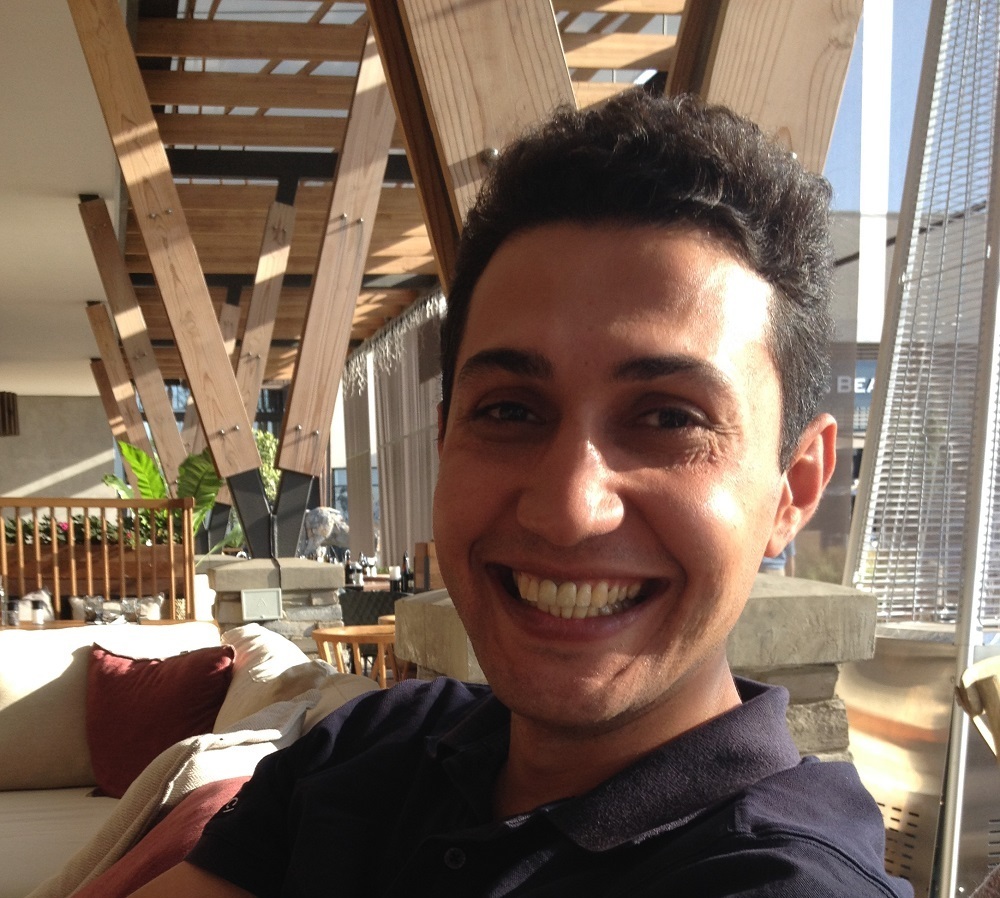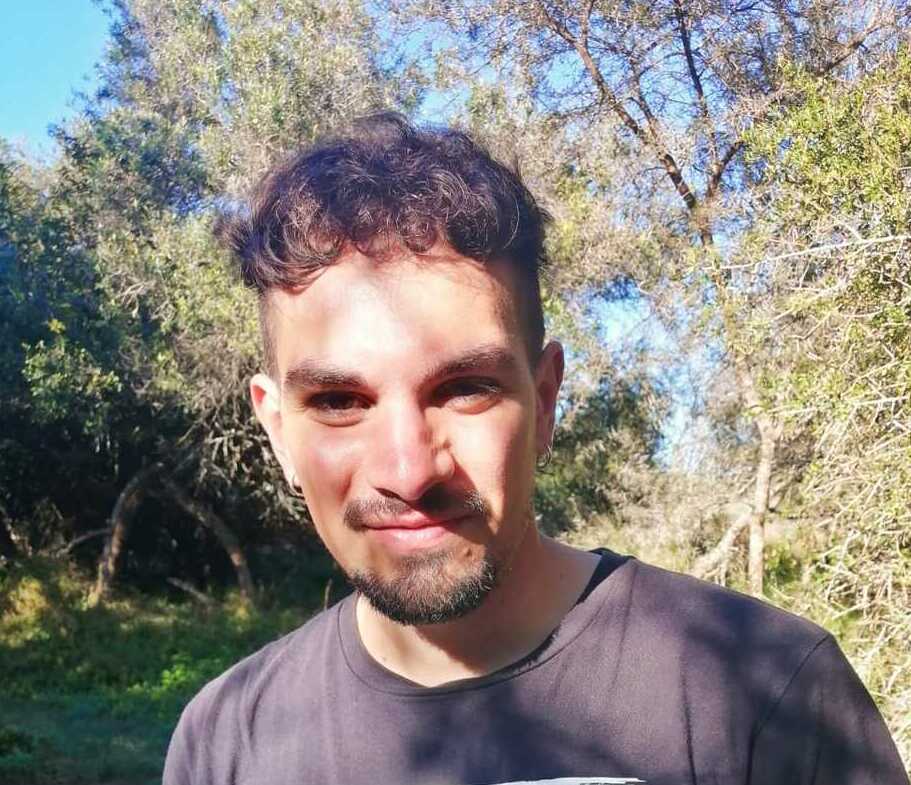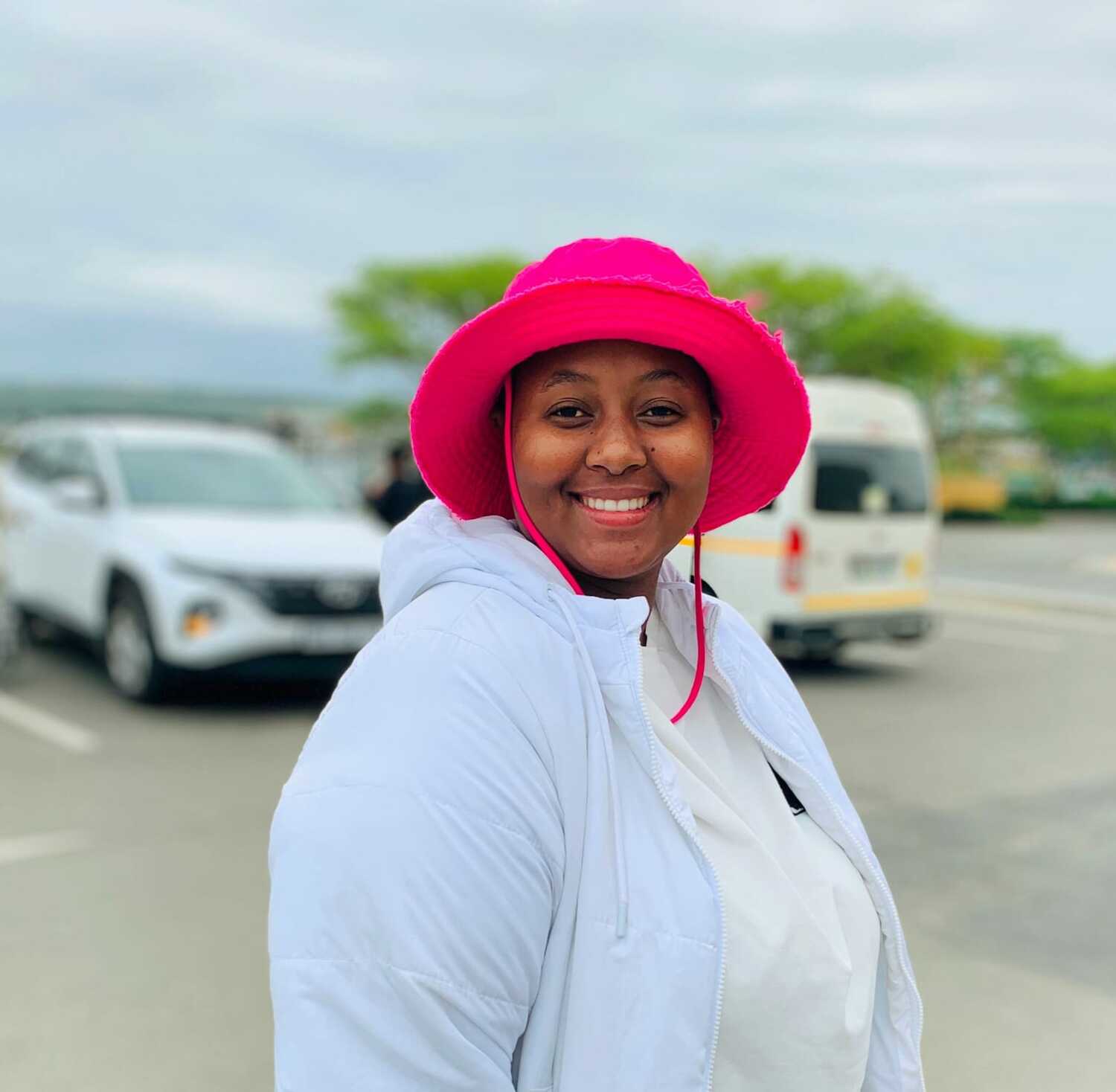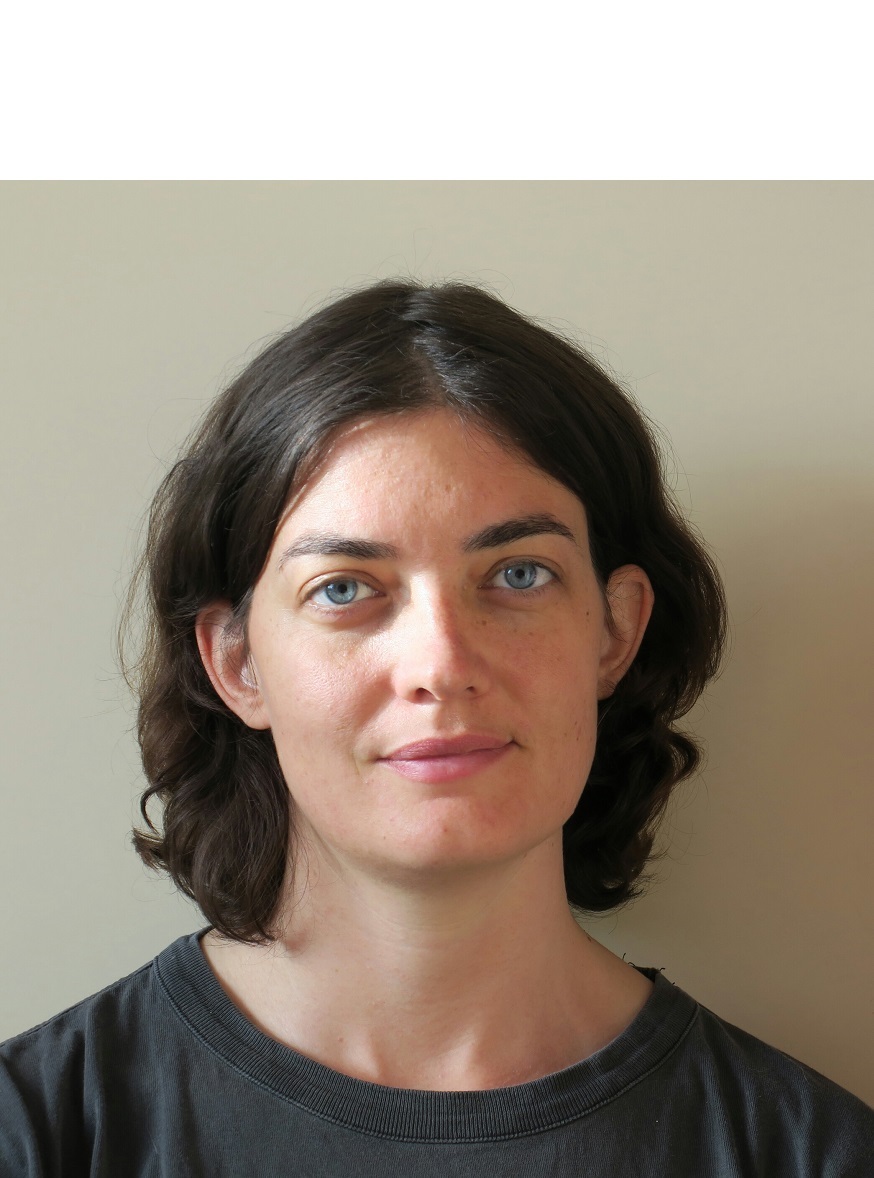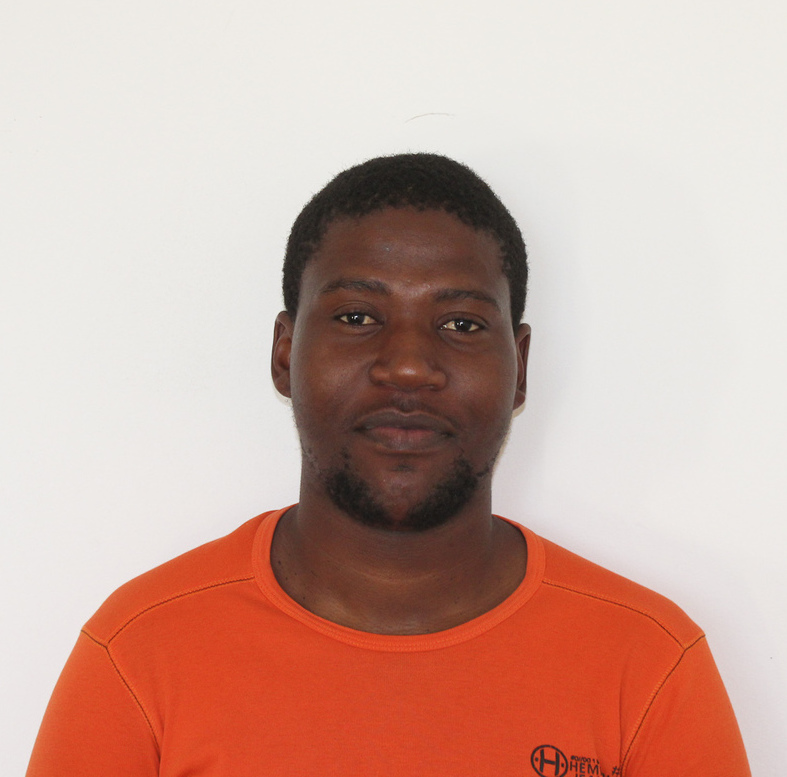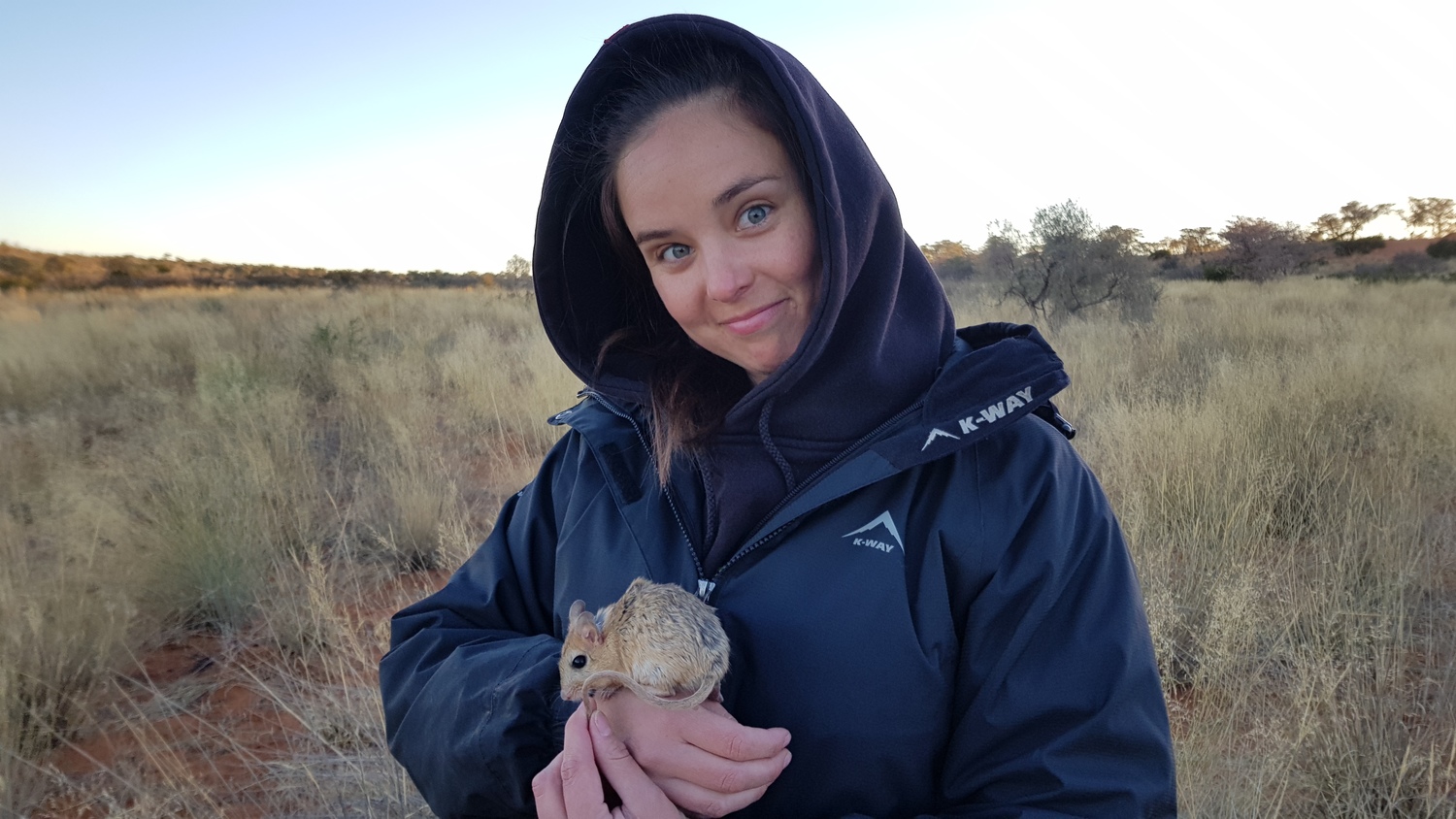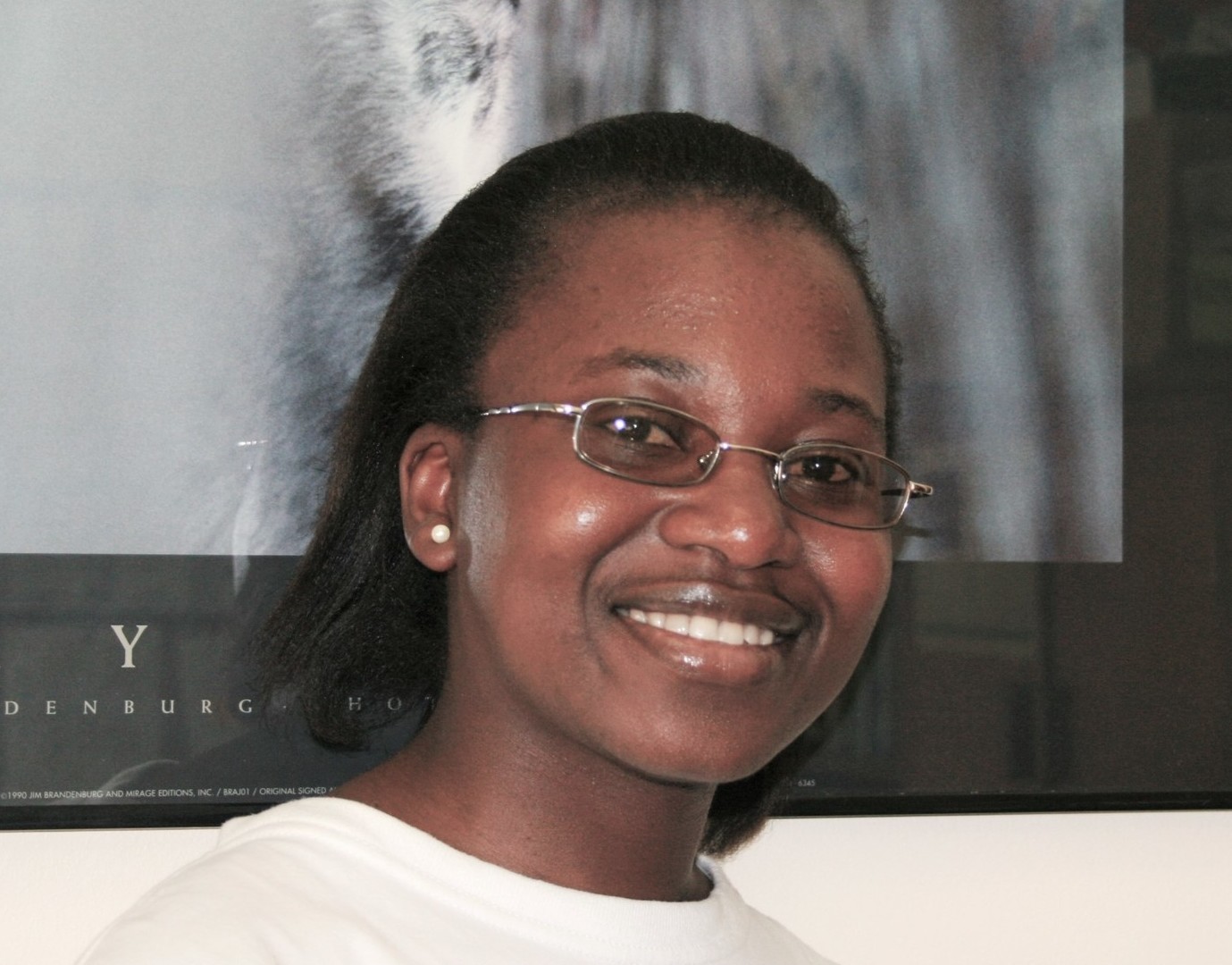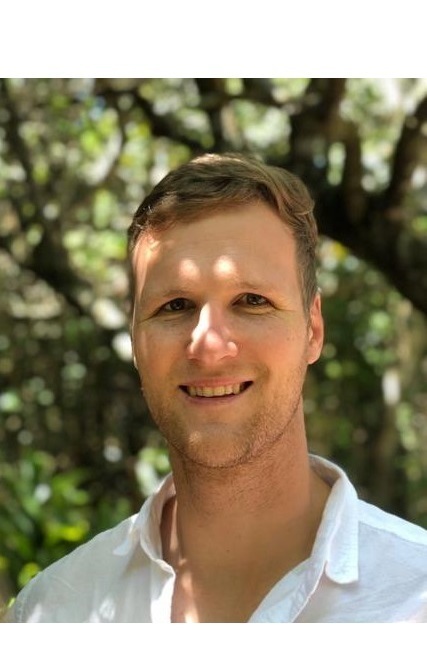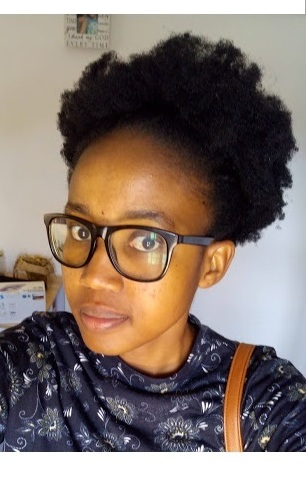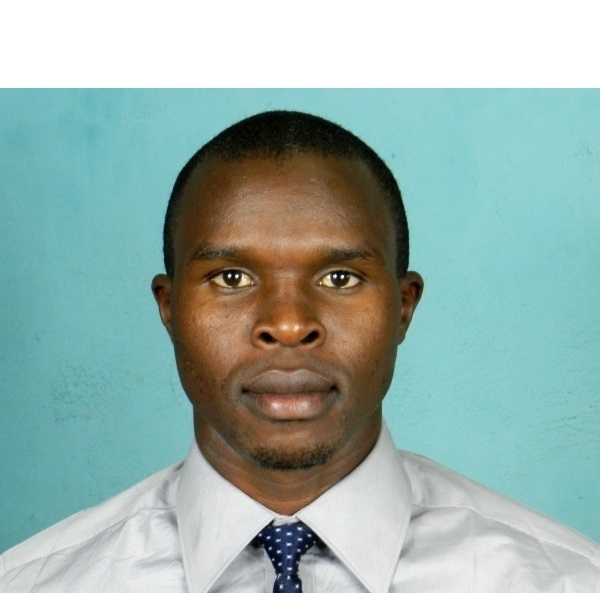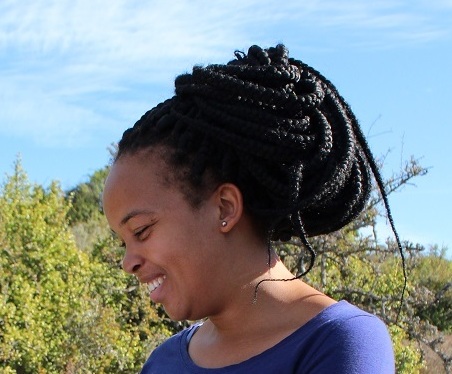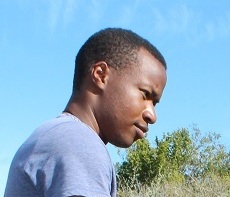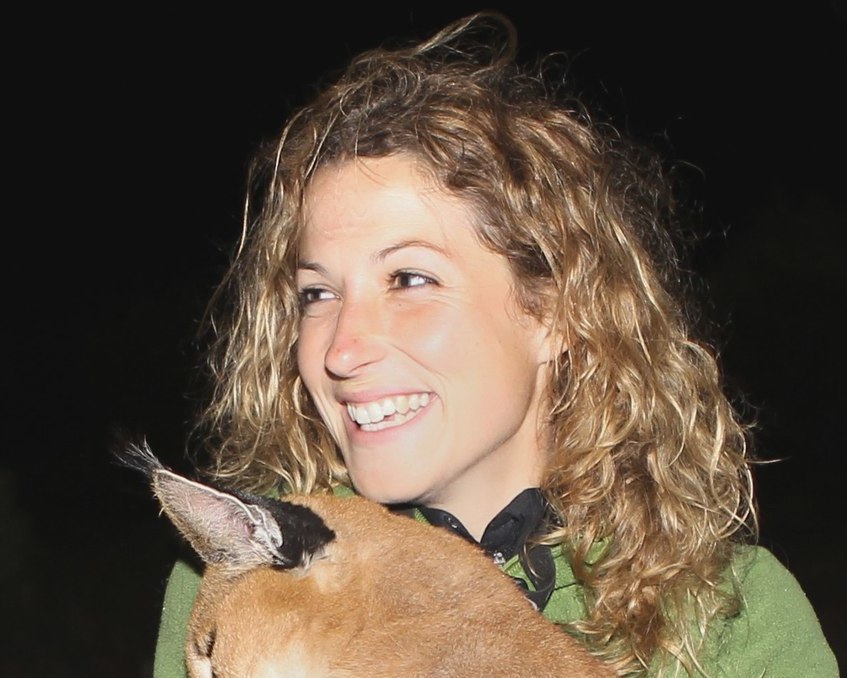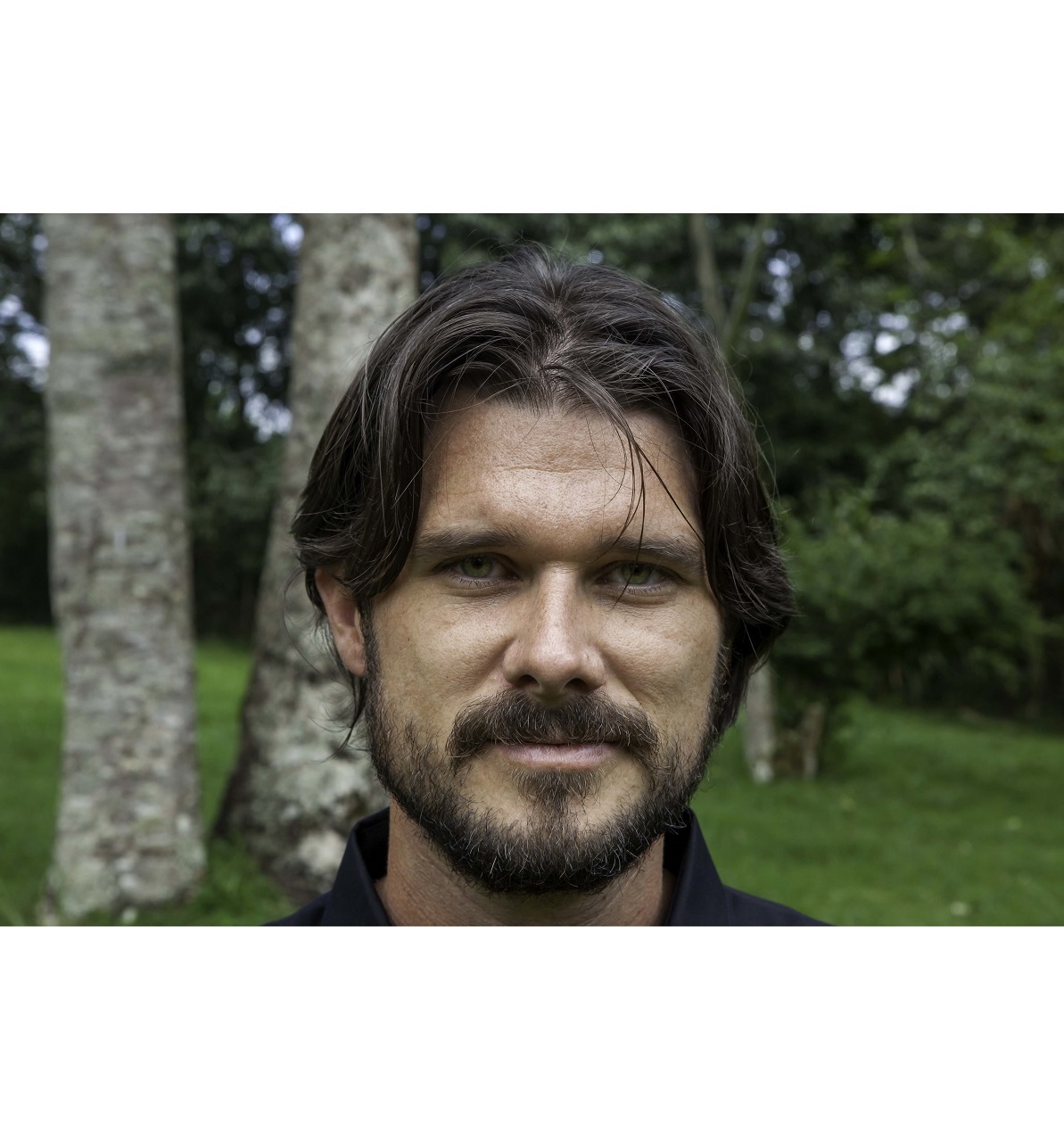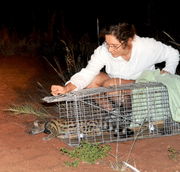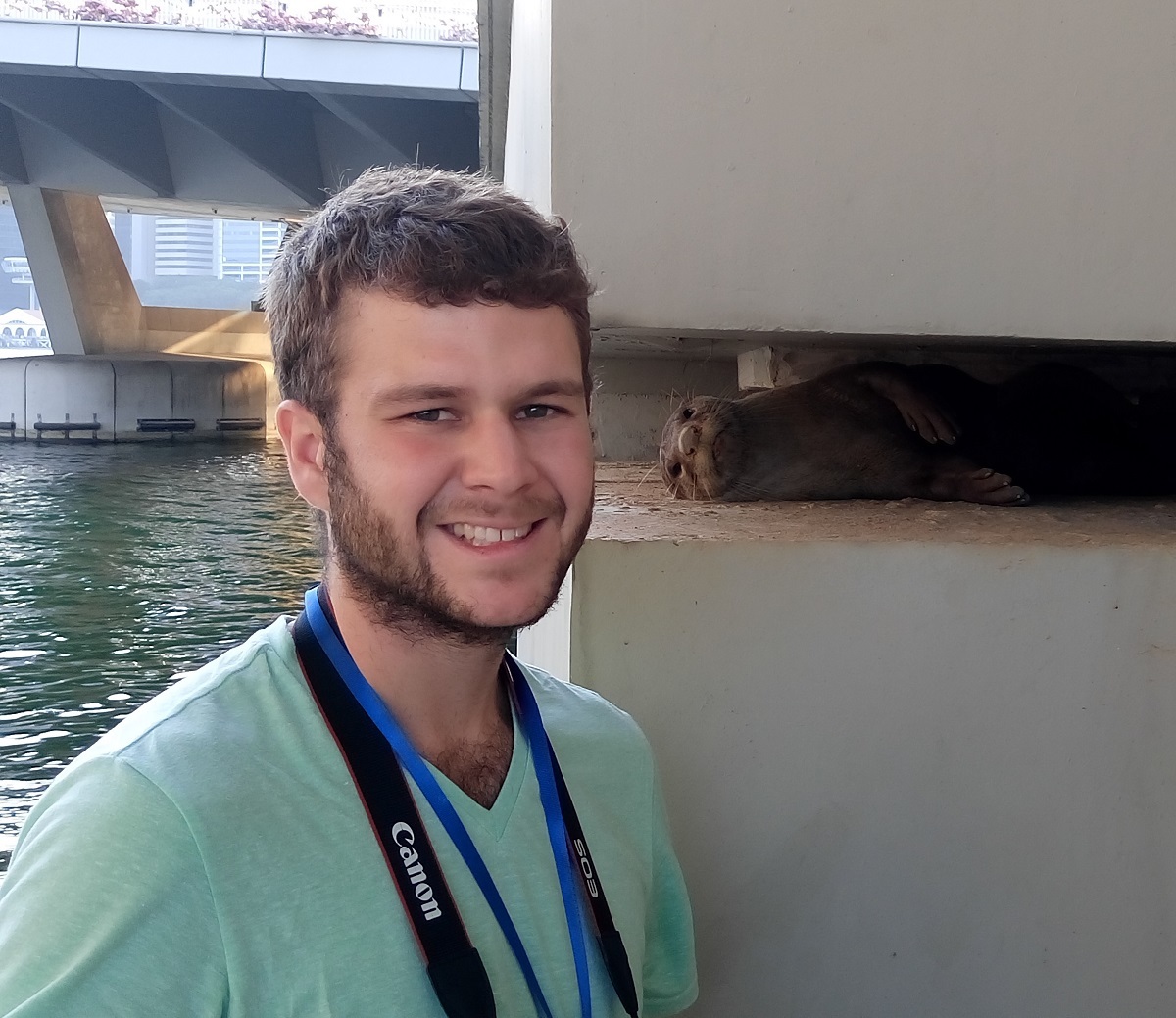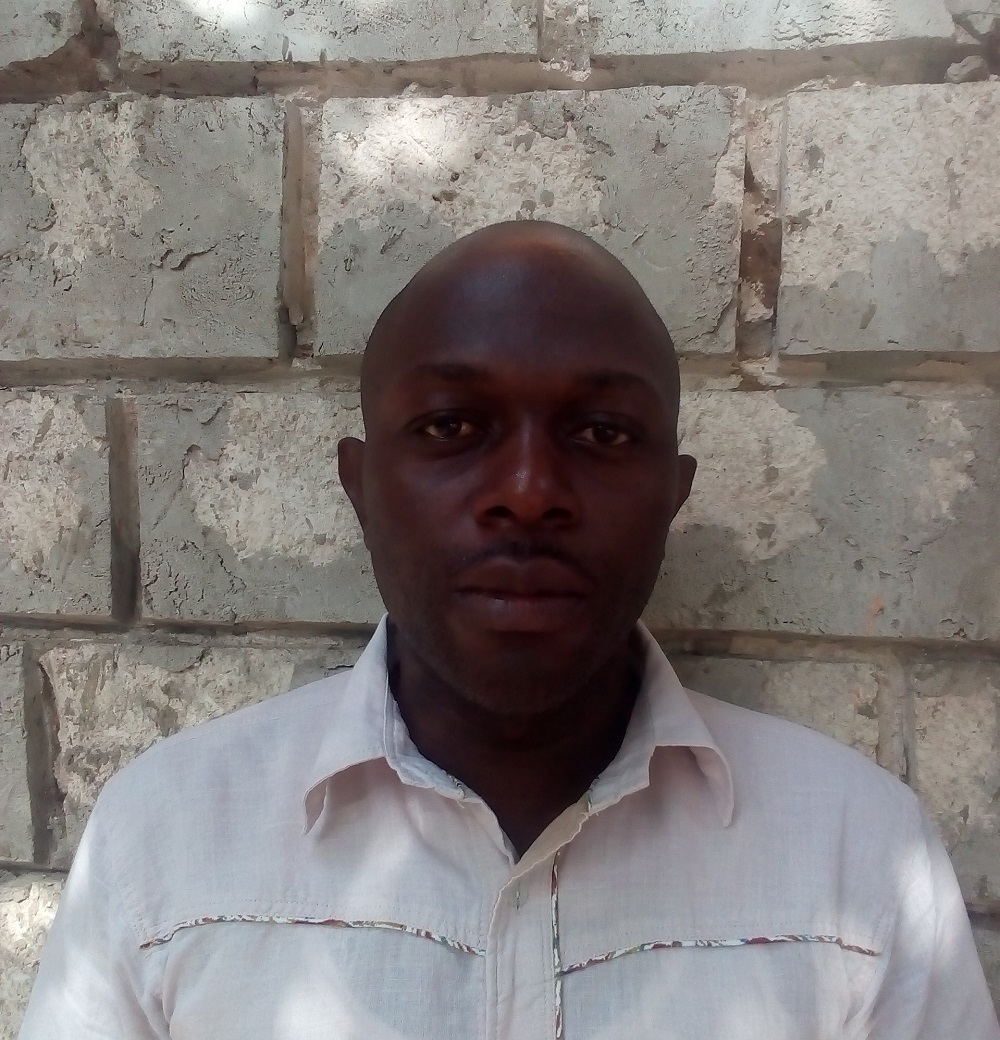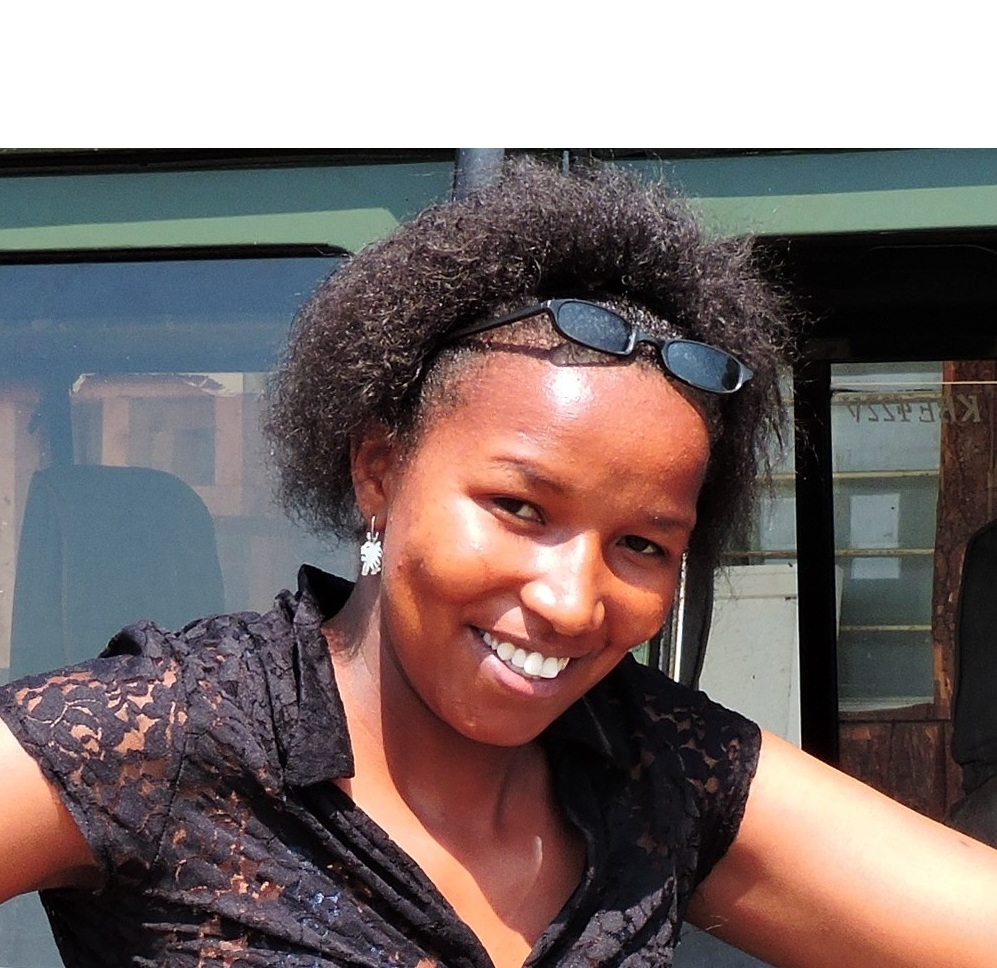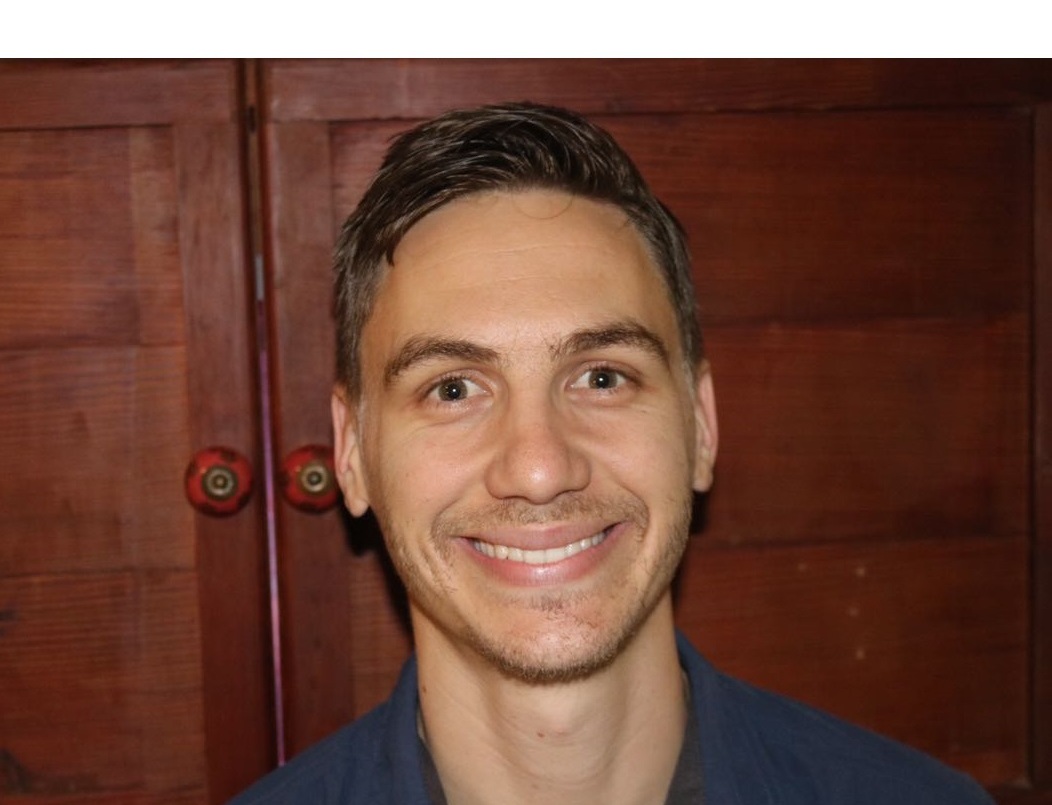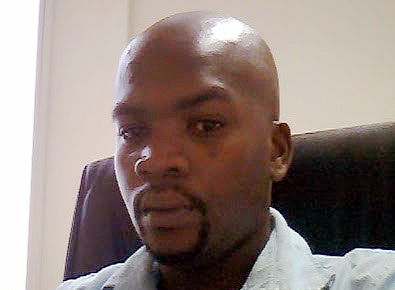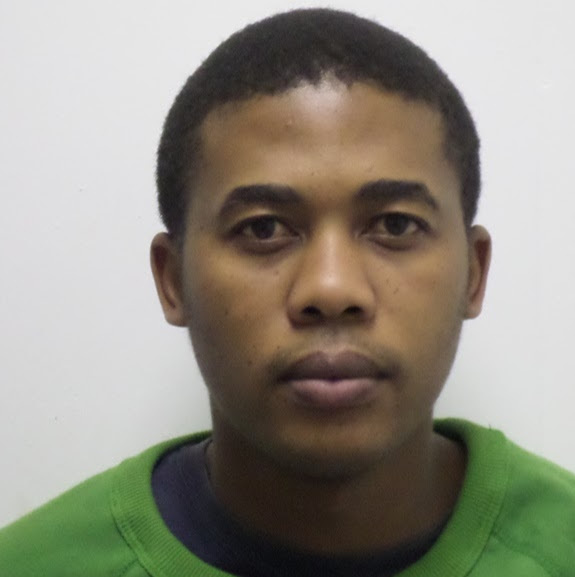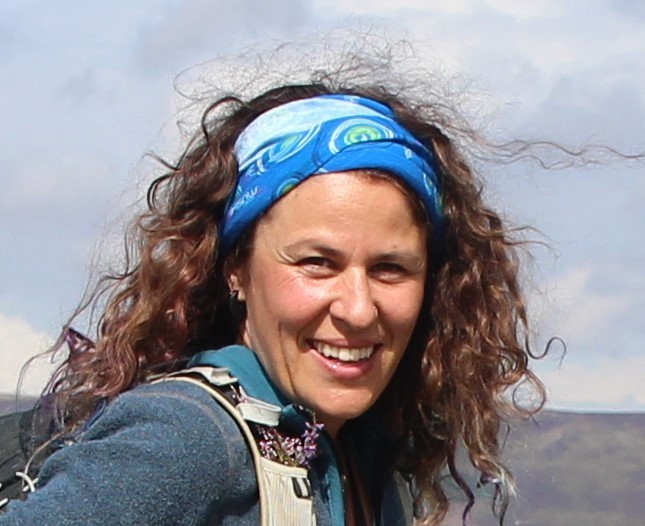African Small Carnivore Research Initiatives
- ASCaRIs Head Office, Sol Plaatje University, Natural and Applied Sciences Laboratory Building, Central Campus, Kimberley, Northern Cape, 8300, South Africa
- ascaris.org@gmail.com
ASCARIS comprises of several member categories: Council Members, Core Members, Honorary Members, Scientific Collaborators, Regional Coordinators, Country Representatives, Students, and Field Assistants.
Please stand your ground and watch the horizon, as the ASCaRIs team is coming with full force!
Council members are people with a great deal of research experience on African (small) carnivores and who tightly collaborated with the Founder over the past years. They discuss and take the strategic decisions related to the organization, but can be assisted by core and honorary members in this process.
Core members are people with a great deal of research experience on carnivores and who are currently running or planning some research projects on African small carnivores. Some are collaborating with the council members and/or with each other, while others work independently.
My research interests include large mammal ecology with a specific focus on carnivore ecology, human—wildlife conflict and predator—prey interactions. I completed my PhD in 2016, which focused on the effects of lethal management on the ecology and population structure of black-backed jackals on livestock farms and reserves. Apart from continuing my research on jackals, I am also developing research projects on otters, mongooses and primates.
Honorary members are highly experienced (in some cases retired) researchers who have substantially contributed to increasing our knowledge on some African small carnivore species. They can be consulted to obtain information on selected species and research topics and techniques.
Scientific collaborators are project leaders and/or researchers whose work primarily focuses on other vertebrate taxa, but who collaborate with either the council or core members, or periodically run some independent projects on small carnivores.
Regional coordinators are members who serve as focal people for queries related to specific regions. They coordinate the collection of records by liaising with country representatives and report to the Managing Director.
Country representatives are focal people for queries related to the corresponding countries. They gather national records and report to both the regional coordinators and Executive Director. There may be more than one representative per country, especially for large countries.
I am an Assistant Professor at the School of Environment Management, University of Abomey-Calavi (Benin). I am the coordinator of the African Wildlife Conservation and Management Unit for the International Union of Forest Research Organization (UIFRO). I am a local expert on small mammals conservation in Benin and have great expertise in the application of stable isotope ecology.
I am a Senior Researcher at the Botswana Predator Conservation Trust. I have a B.A., M.Sc. and Ph.D. in Zoology and 35 years experience in gas chromatography and mass spectrometry. My combined zoological and chemical expertise bears fruit in groundbreaking research into how mammals use chemicals to communicate.
I hold the position of MacArthur Field Biologist at the Field Museum of Natural History in Chicago (USA) and Scientific Counselor at Association Vahatra in Antananarivo (Madagascar). My research program on Madagascar dates to nearly three decades, where I have been involved in studies of Malagasy mammals, including euplerid carnivores, and interested in different aspects of their systematics and ecology
Students listed below are either supervised by ASCaRIs members or decided to join the organization to be part of this collective research effort and showcase their work on small carnivores on this website.
Julia completed her MSc degree (Zoology) with Distinction at the University of the Witwatersrand in 2018. Her research project was titled "Trophic ecology of rusty-spotted genet Genetta maculata and slender mongoose Herpestes sanguineus in Telperion Nature Reserve, with a focus on dietary segregation as a possible mechanism of co-existence". She was supervised by Dr Kim Madikiza and co-supervised by Dr Maartin Strauss and Prof. Emmanuel Do Linh San.
Rouxlyn completed her MSc degree (Environmental Science) at the University of South Africa in 2018. Her research project was titled "Spatio-temporal ecology of the rusty-spotted genet, Genetta maculata, on Telperion Nature Reserve (Mpumalanga, South Africa)". She was supervised by Dr Maartin Strauss and co-supervised by Prof. Emmanuel Do Linh San.
Kanundu completed his MSc degree (Environmental Sciences) at Pwani University in 2018. His research project was titled "Assessment of distribution of small carnivores and their prey in Arabuko Sokoke Forest along the Kenyan Coast". He was supervised by Dr David M. Mburu and Dr Munir Virani.

